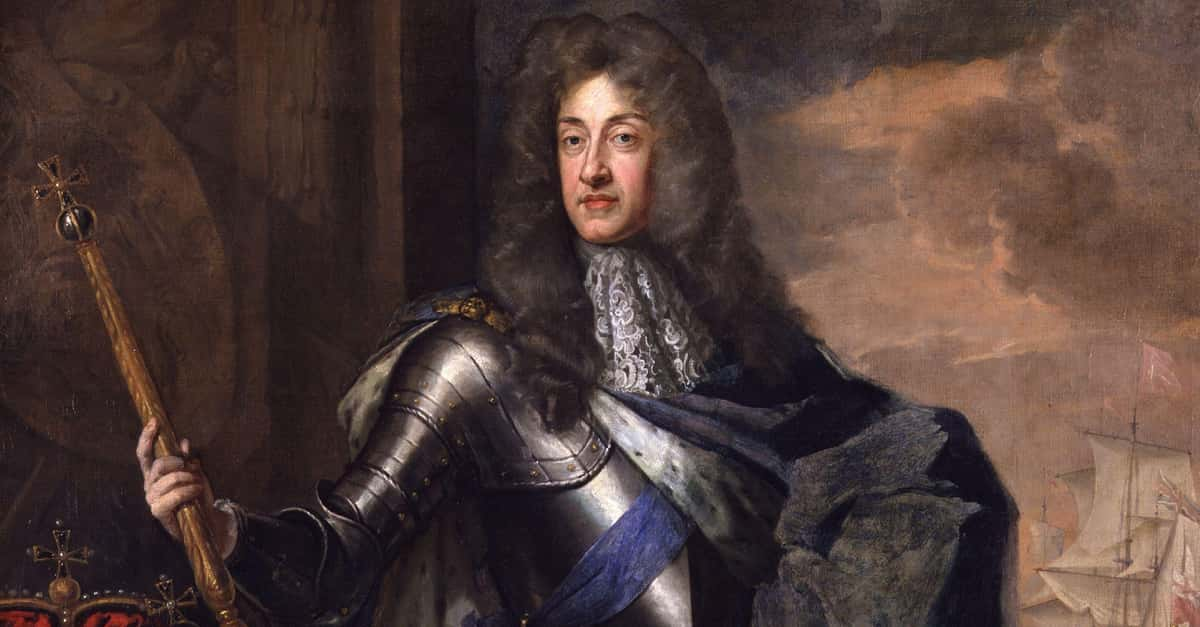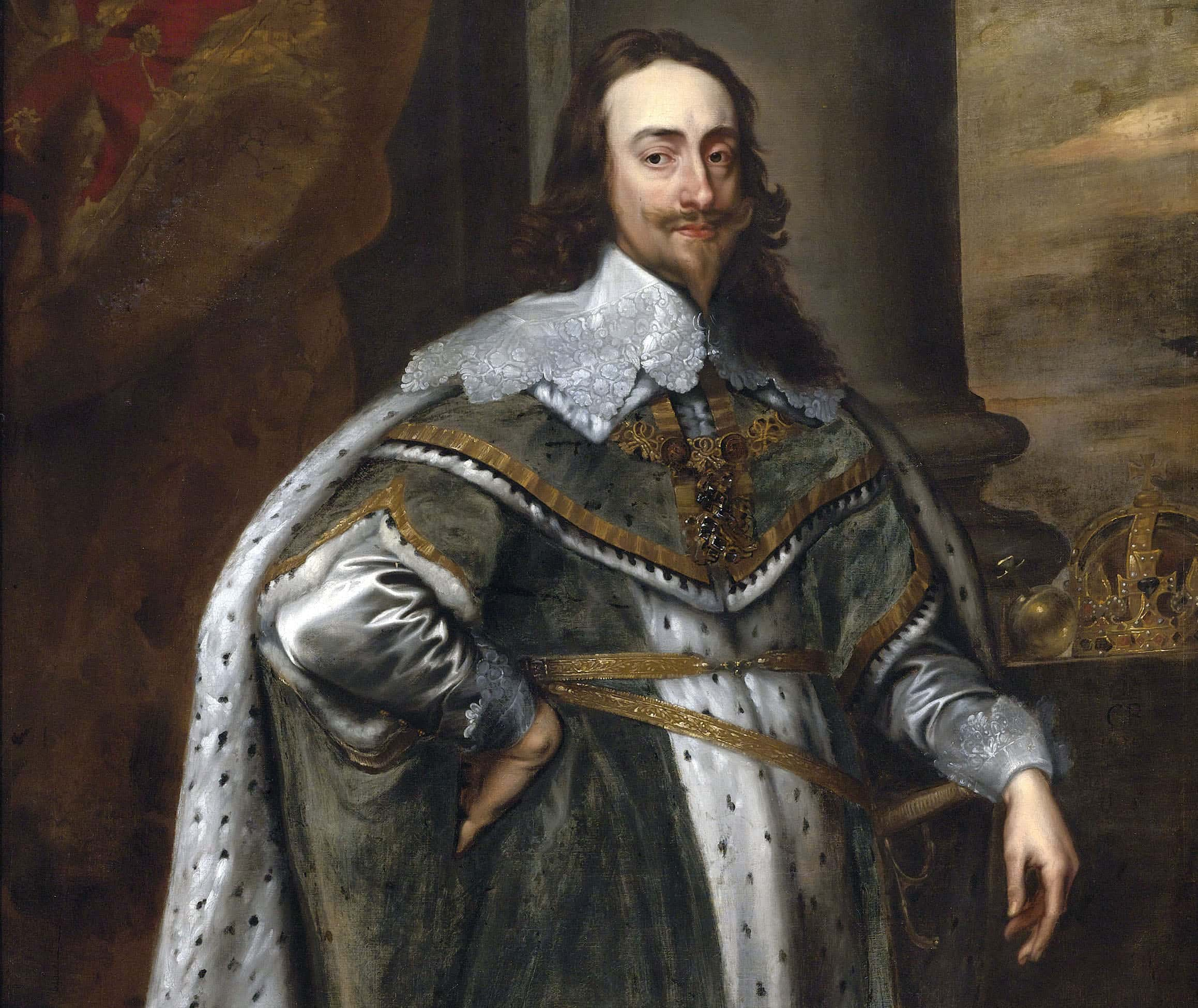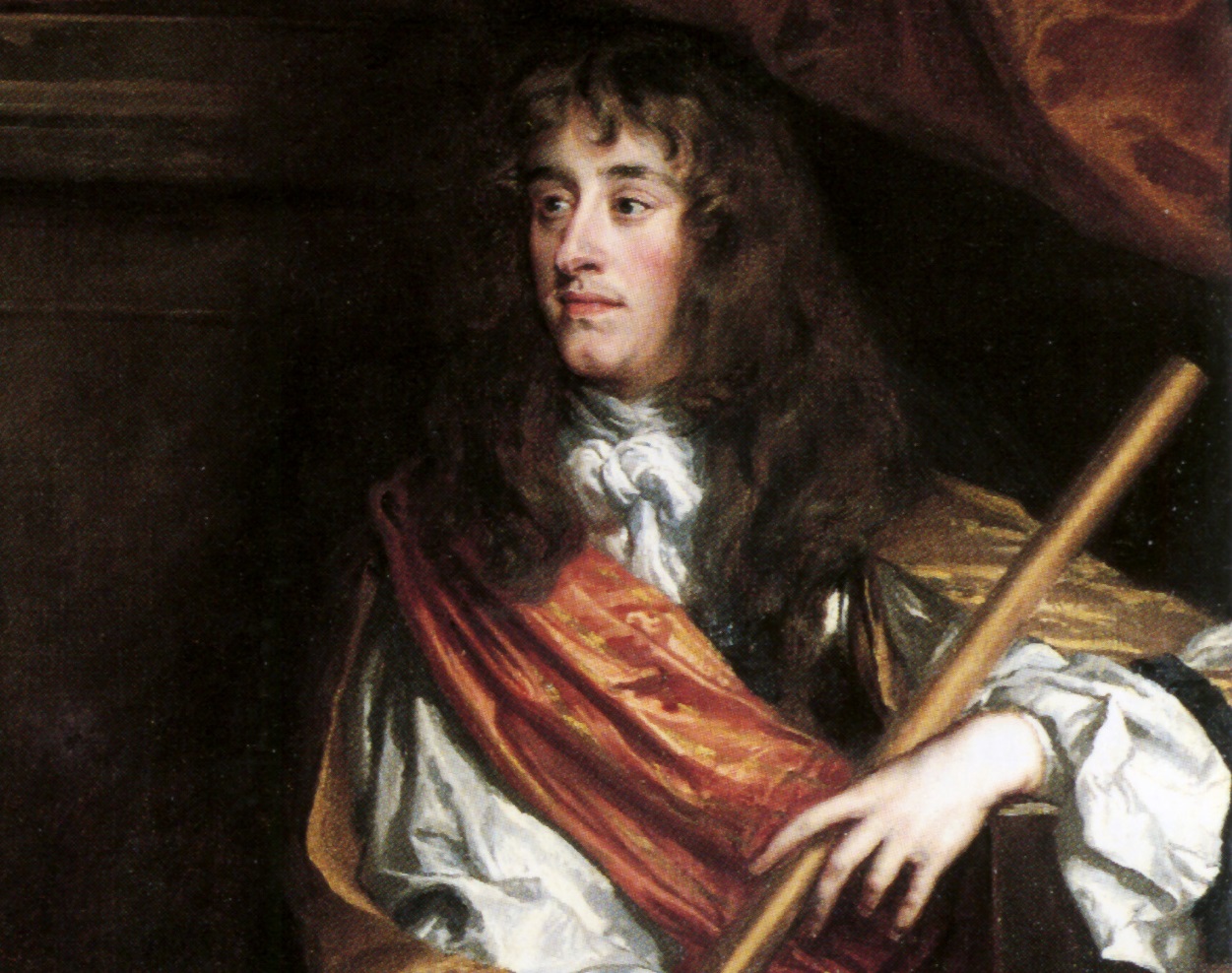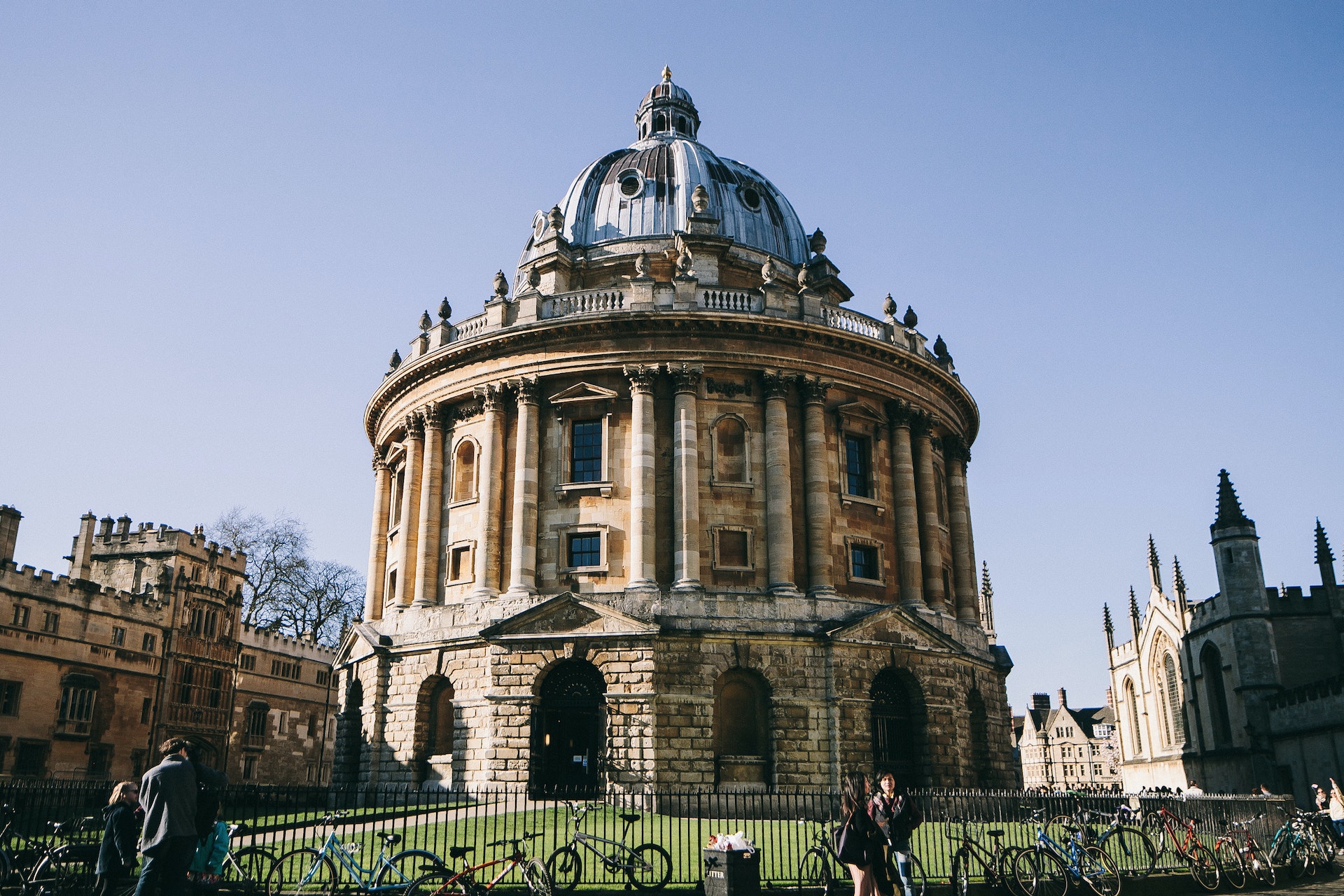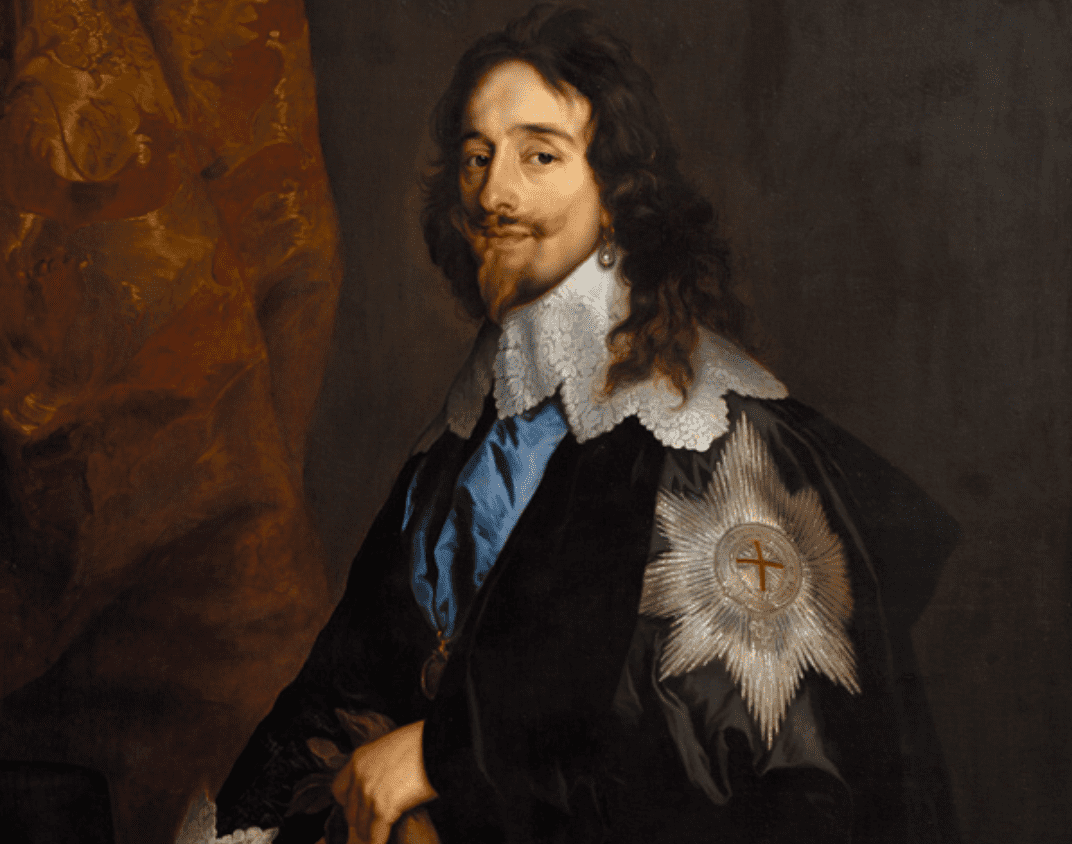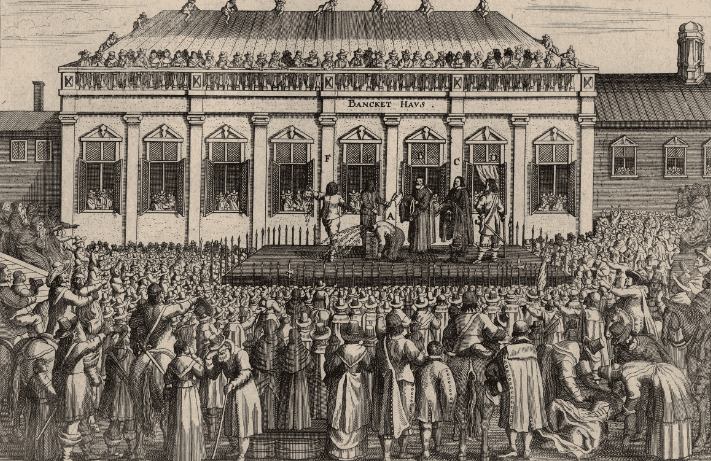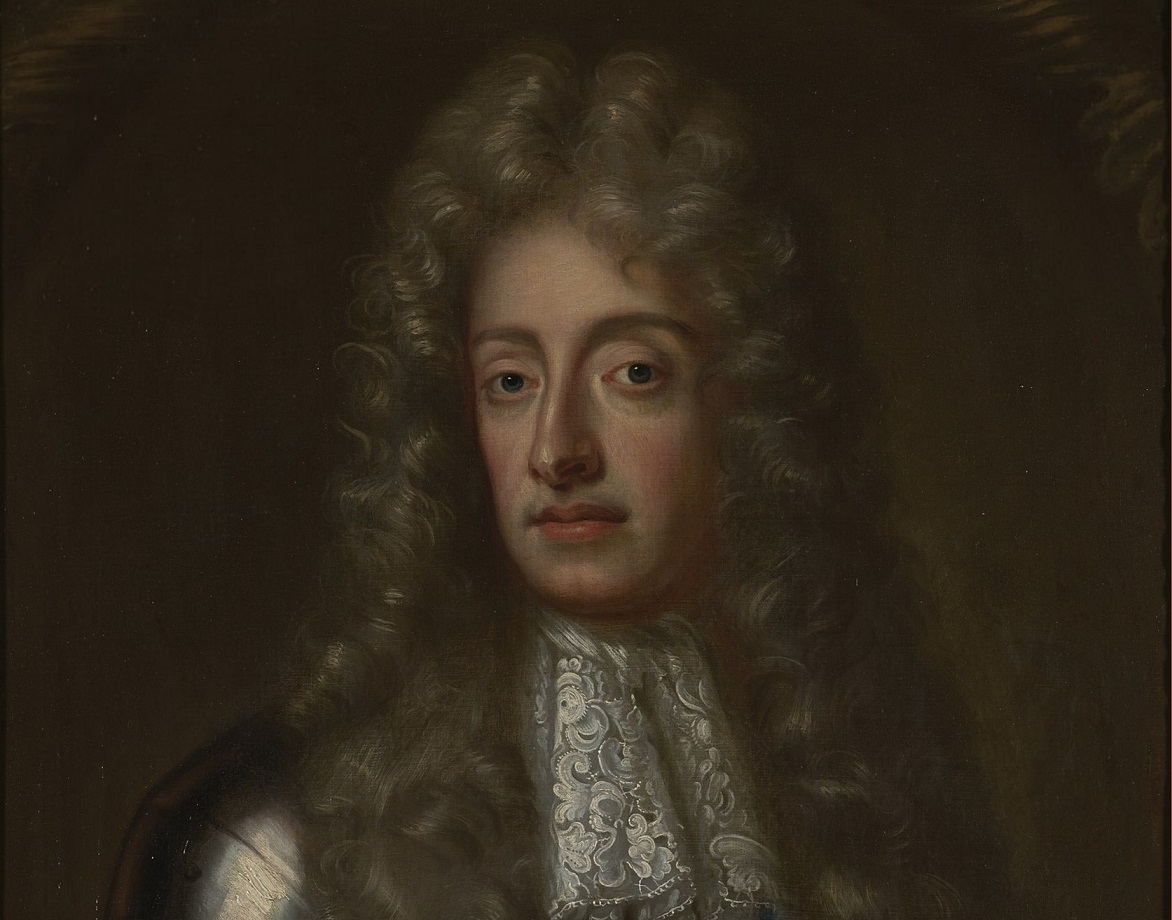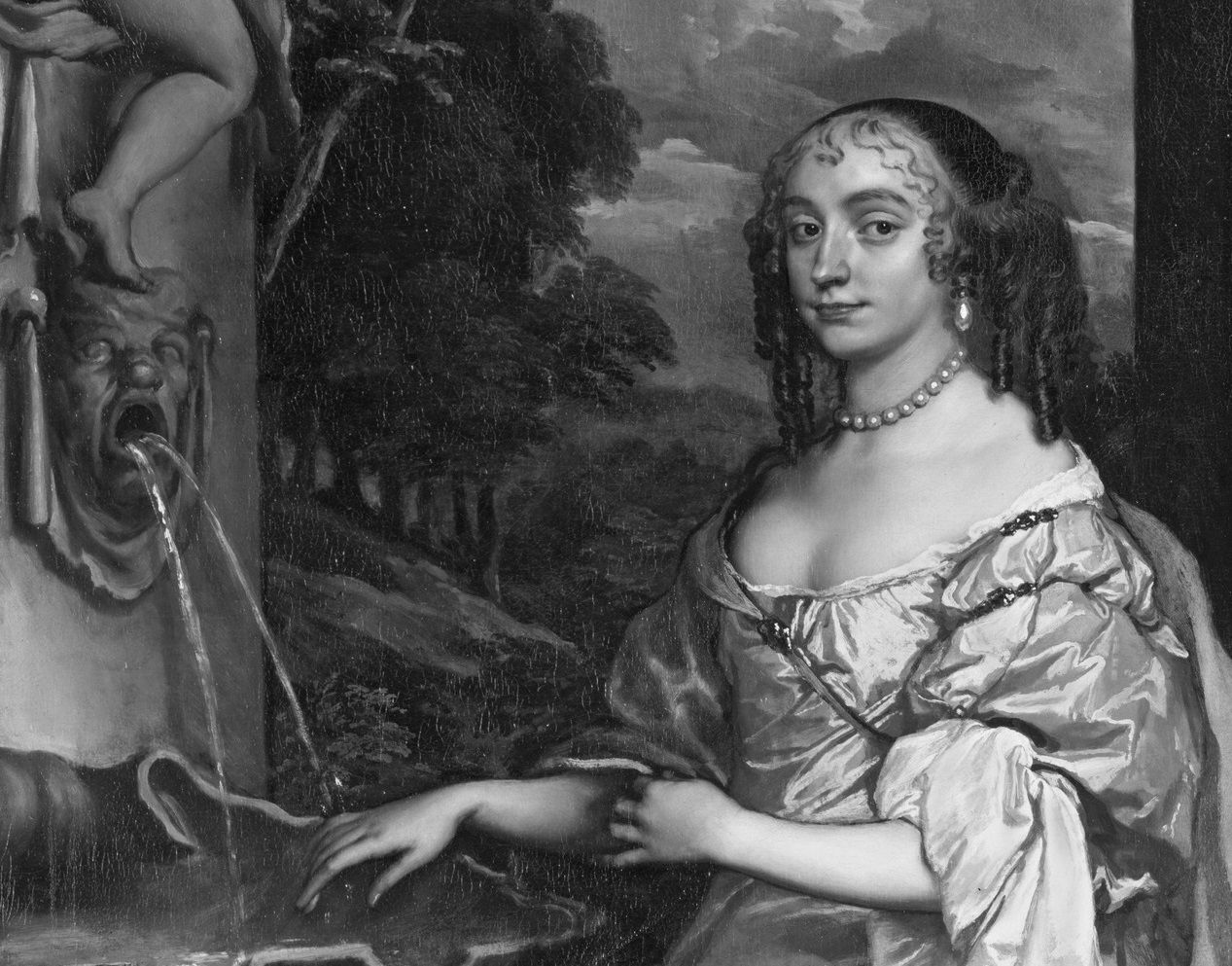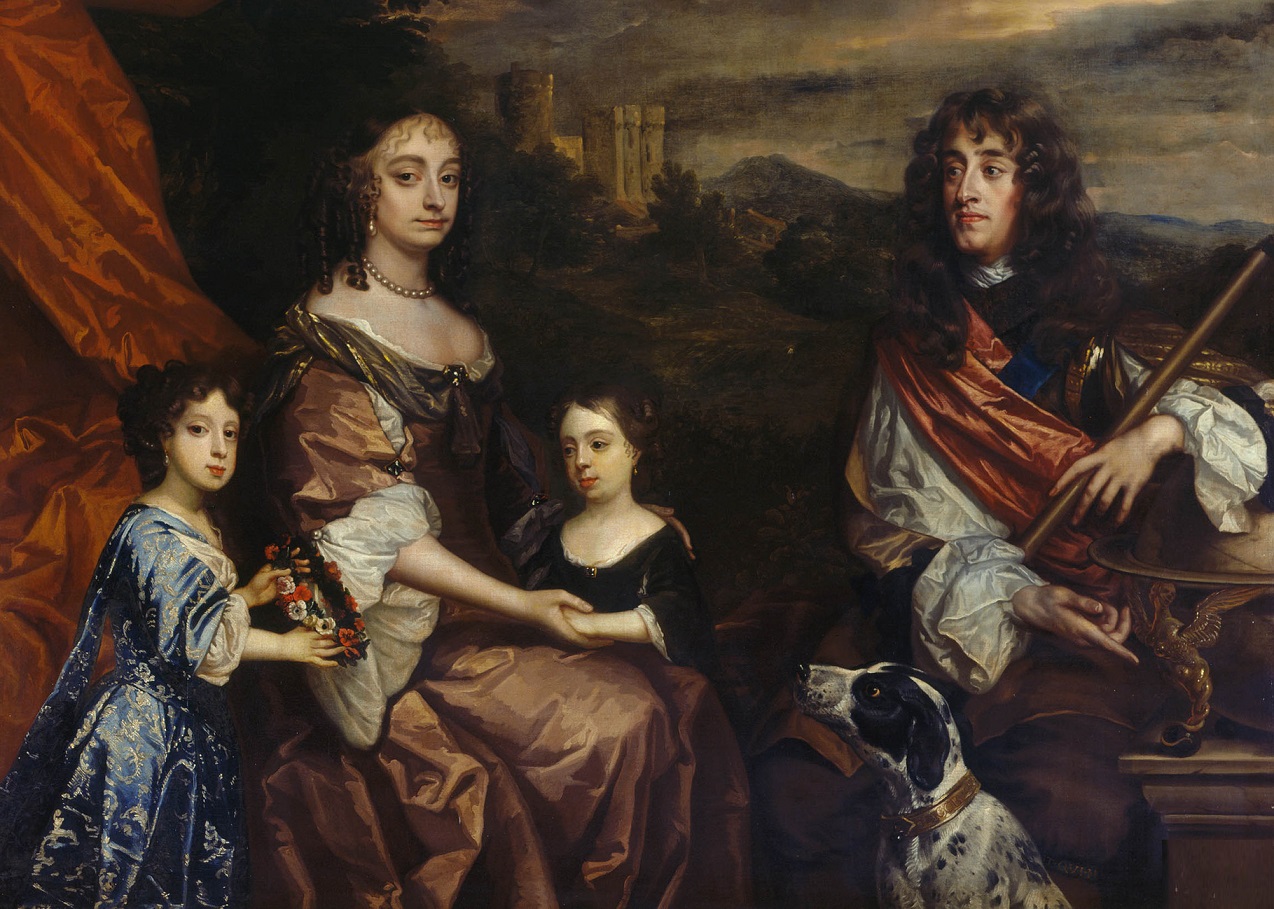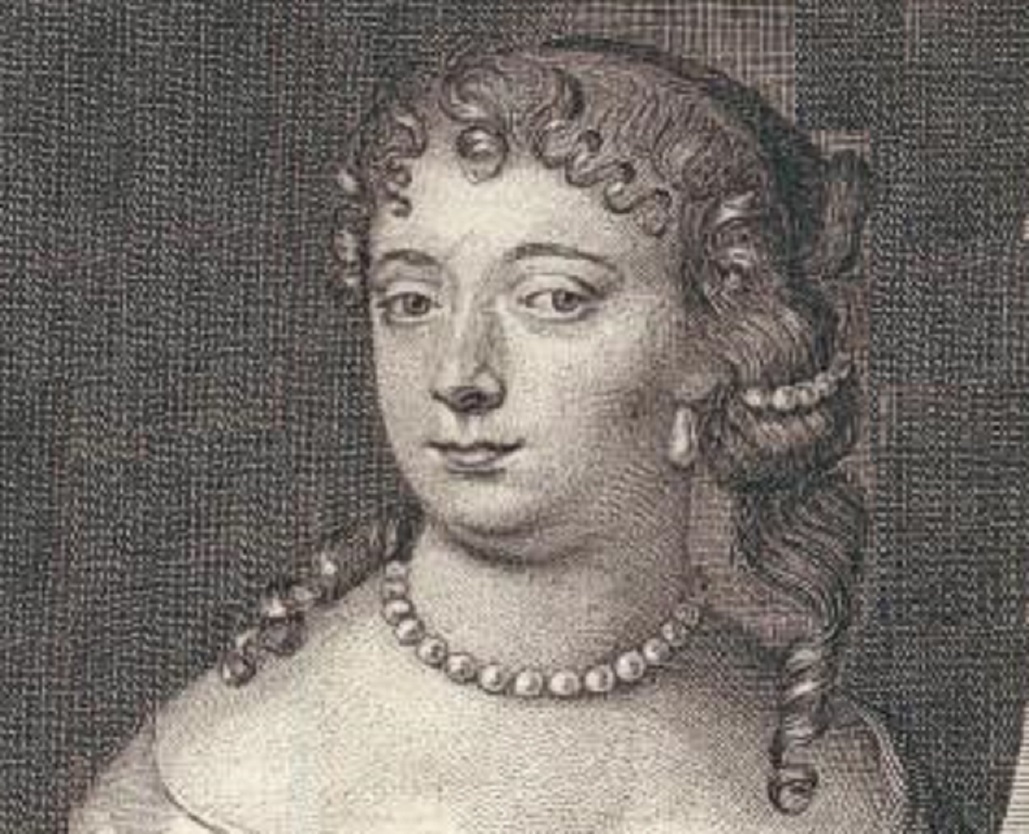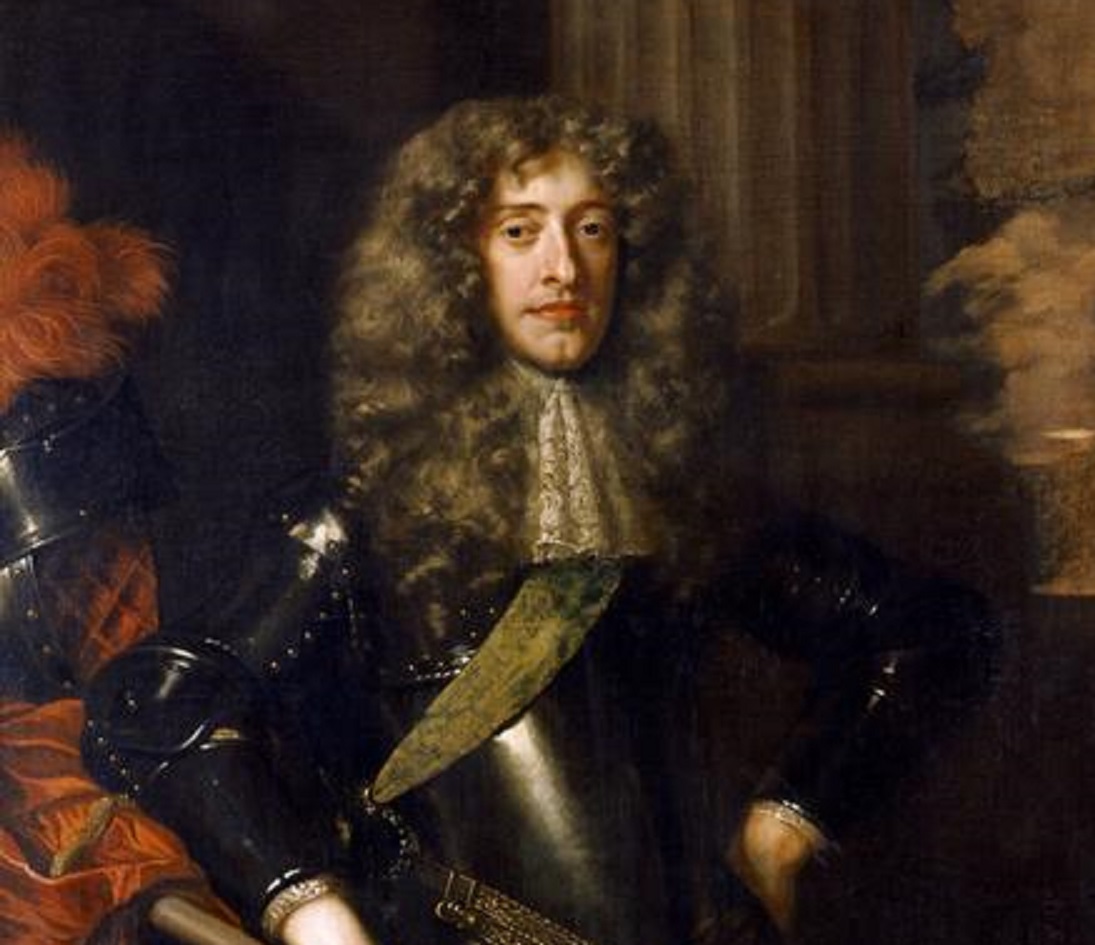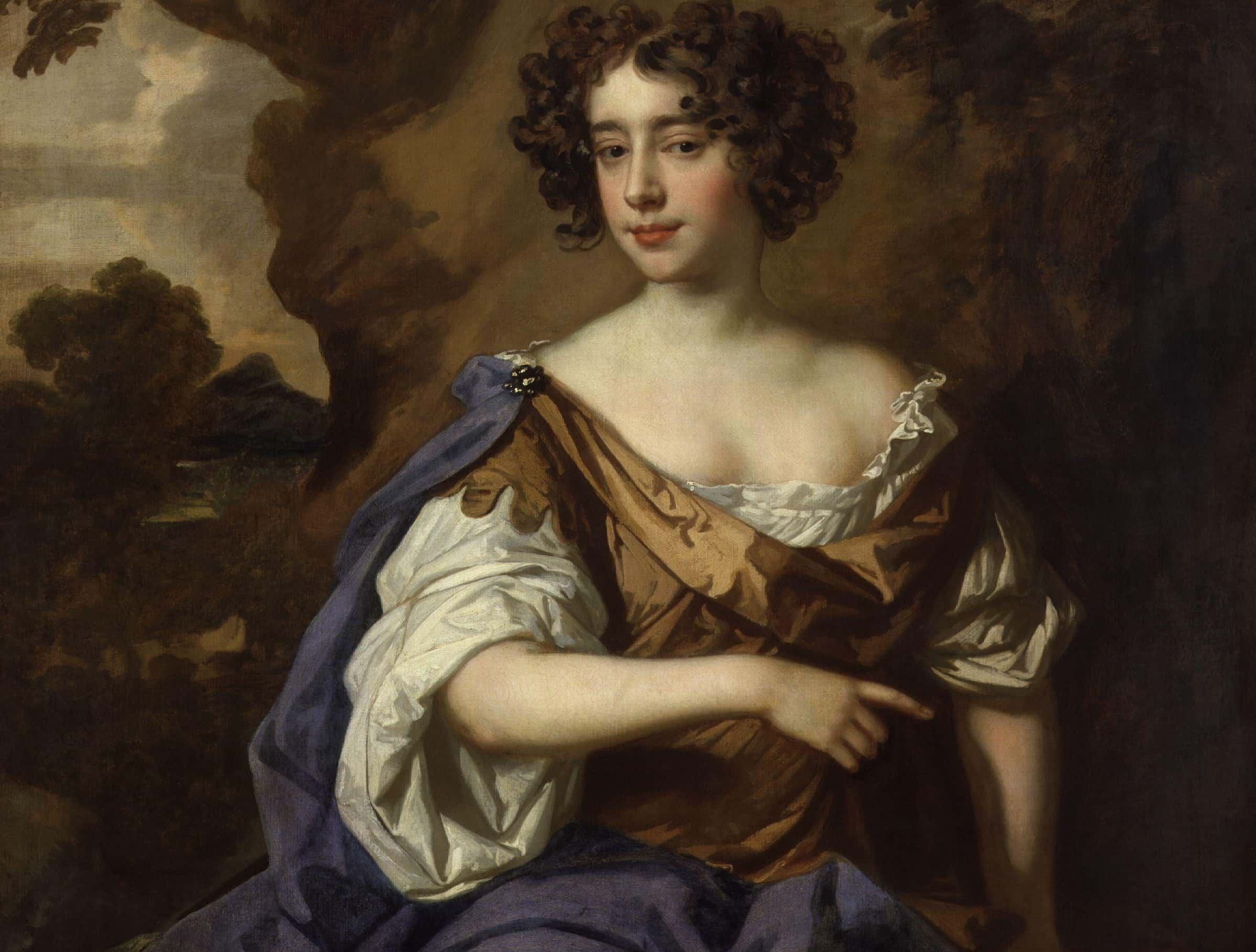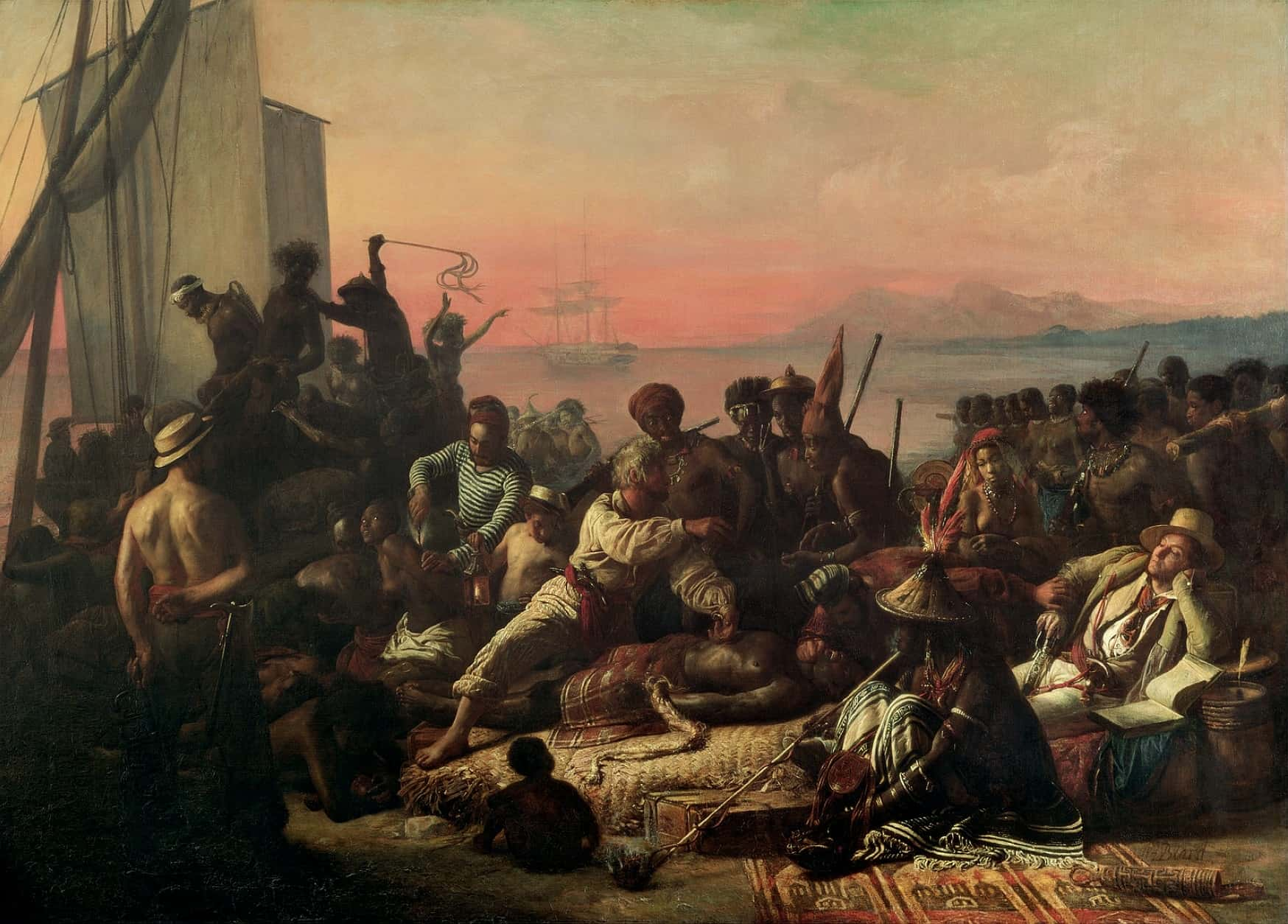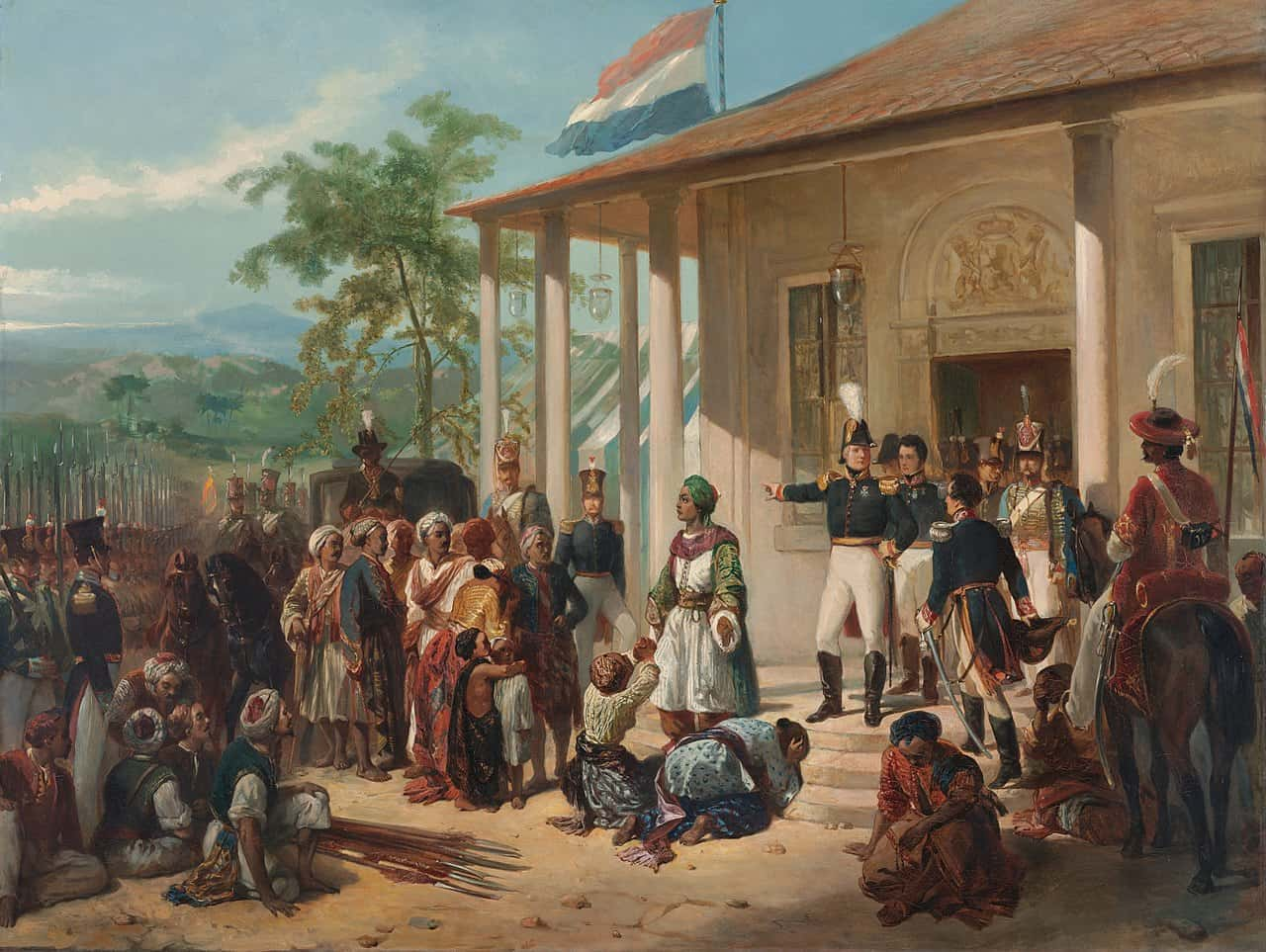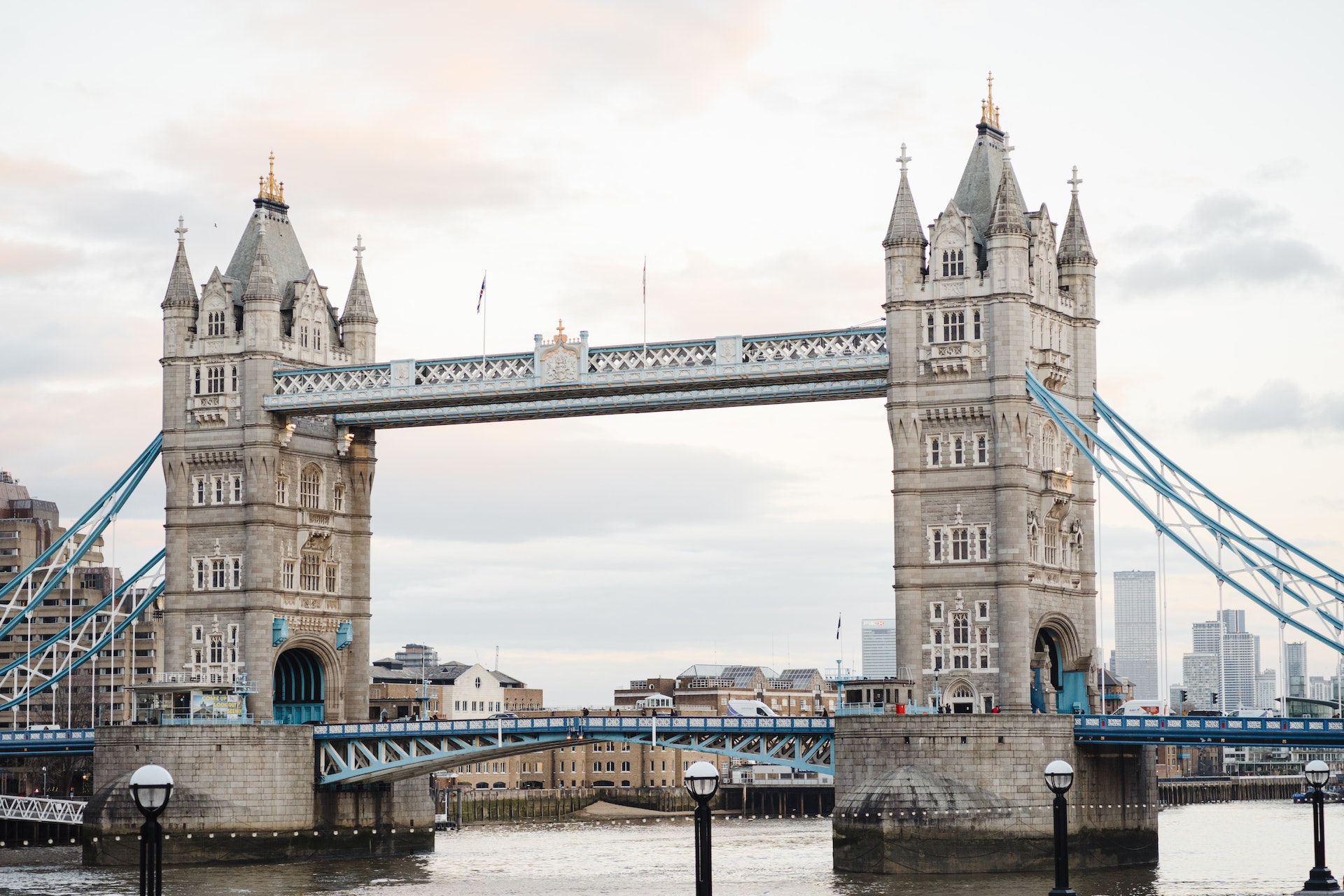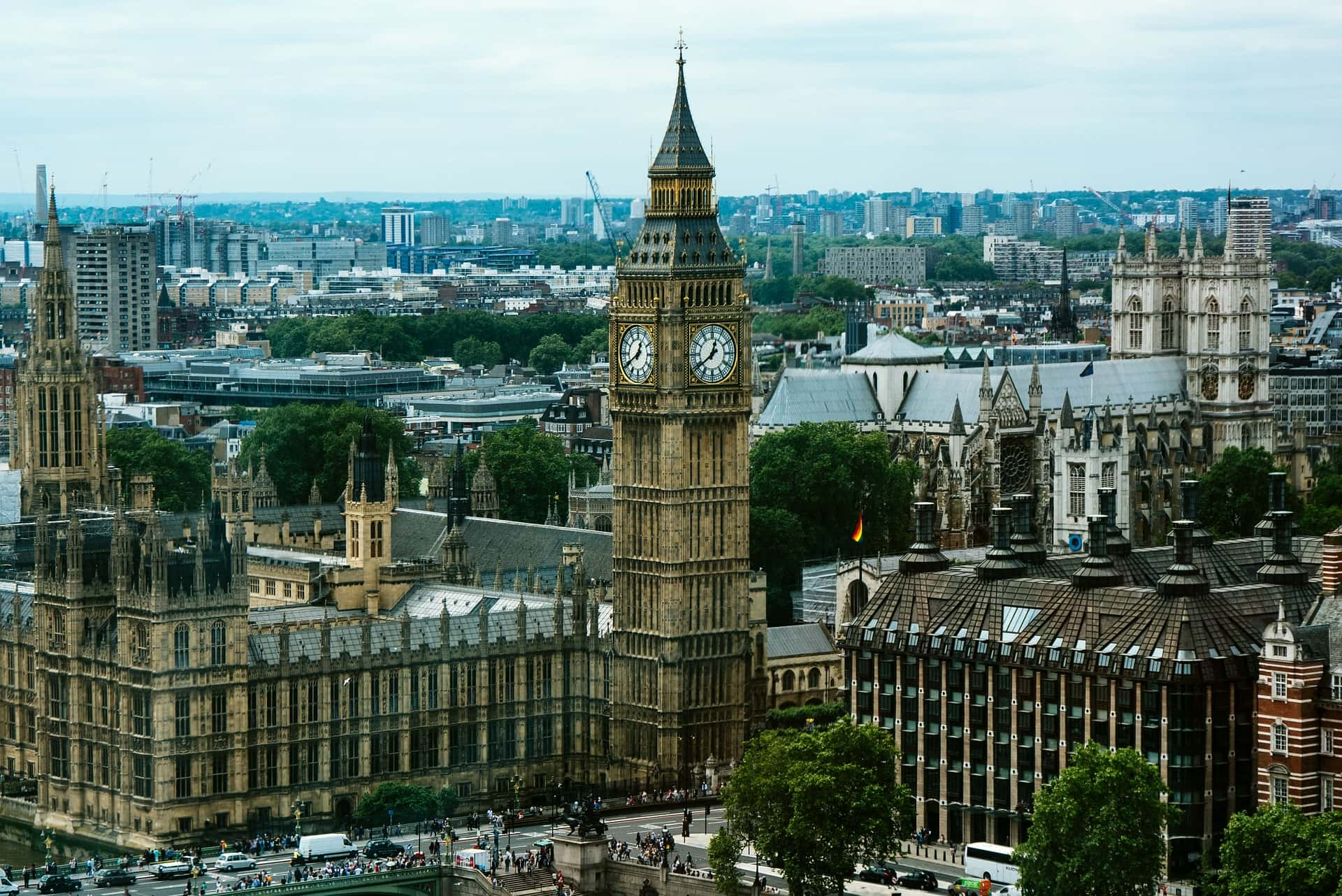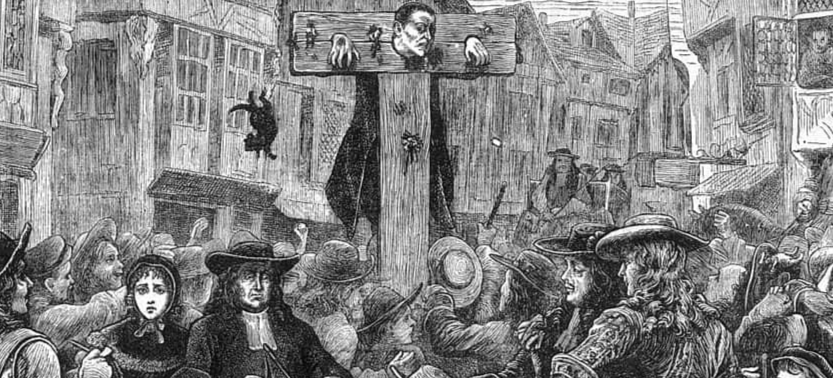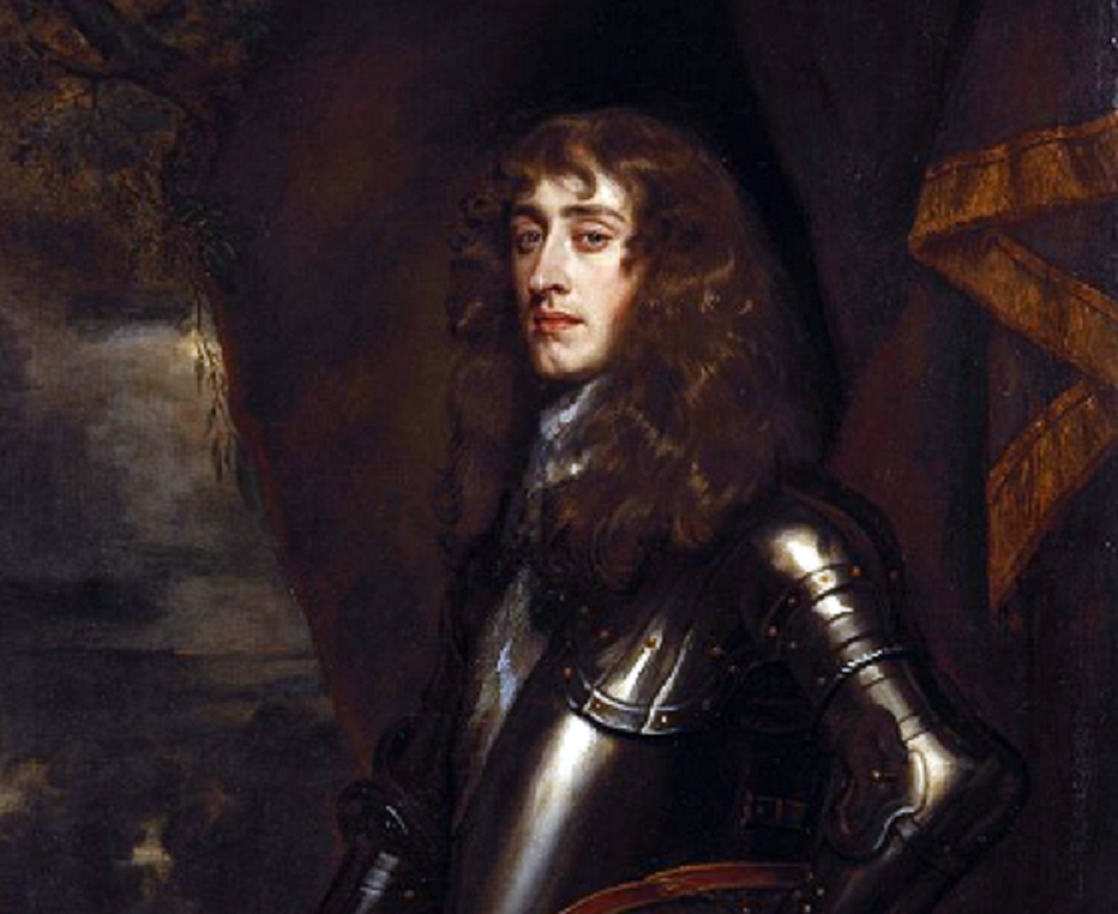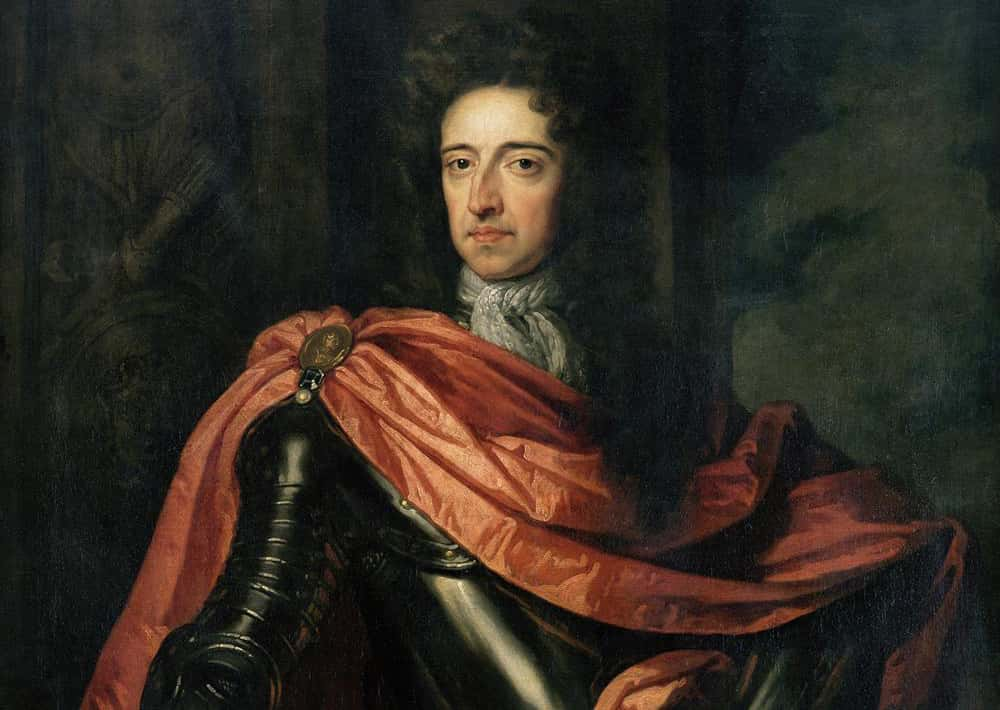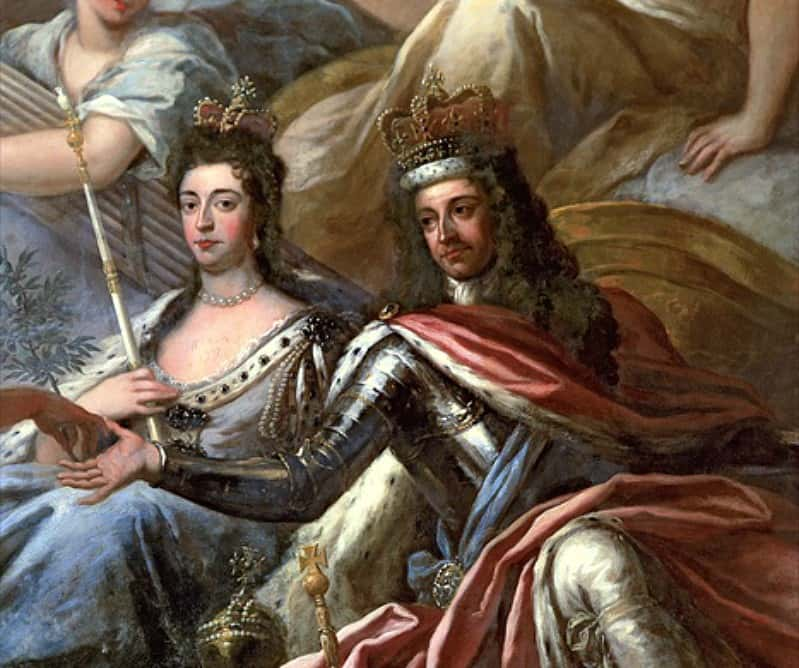Forever scarred by the execution of his father, the infamous King Charles I, it was a miracle James II ever became king at all. But little did he realize, his father’s cursed crown doomed him to an even more disturbing end.
1. His Dad Lost His Head
King Charles I was such a bad king that the English people beheaded him—the only English monarch to ever meet such a fate. But the punishment didn’t end when his head hit the floor. His children, including the future James II, would have to deal with the fallout for the rest of their lives.
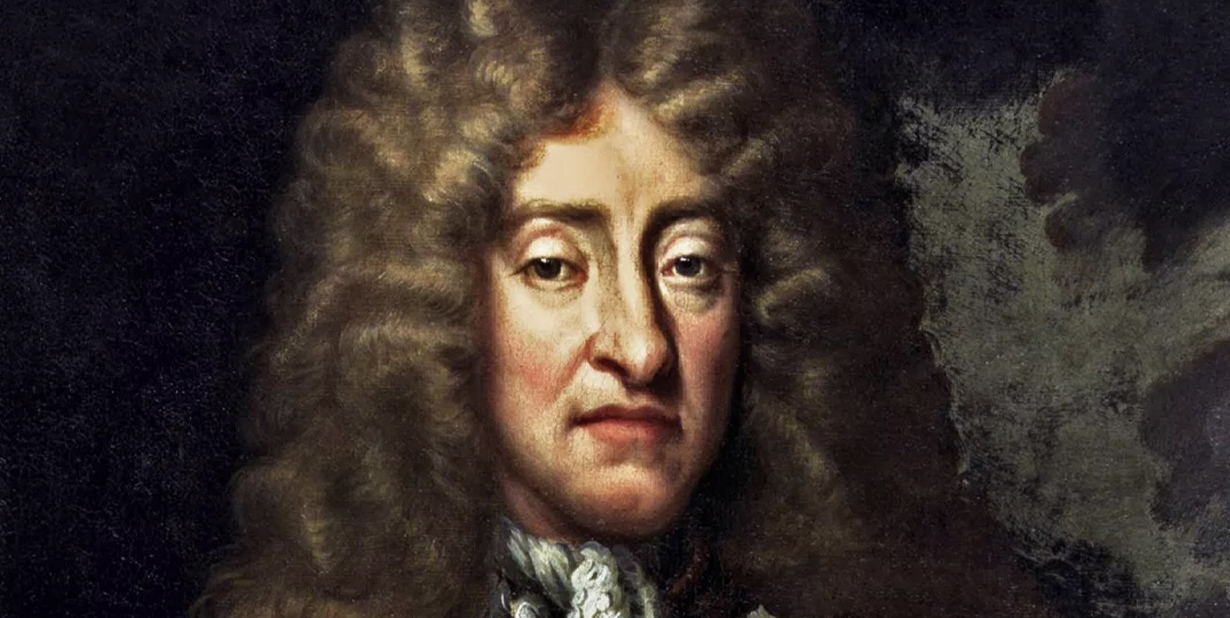
2. He Had It All
James II may have had a cursed life, but you never would have predicted it when he was born. As the King of England’s second son, James could look forward to a cushy life of obscene riches and little real responsibility. He received the finest education and received lofty titles such as “Duke of York” and “Lord High Admiral” when he was still in diapers.
But though little James was too young to realize it, there were stormclouds on the horizon.
3. His Dad Was A Tyrant
James was born in the early days of the Eleven Years Tyranny. His father had dissolved the British Parliament and ruled the kingdom unchecked for over a decade. If you asked Charles, he would claim God had given him the right to rule and that was that. Nothing to see here.
The people of England, well, they saw things a little differently…
4. His Country Erupted
Things started to boil over when James was still just a boy. The initial English internal conflict erupted between the Royalists and Oliver Cromwell's Parliamentarians. And even though Prince James was still just nine years old, he soon found himself witnessing the horrors of battle firsthand.
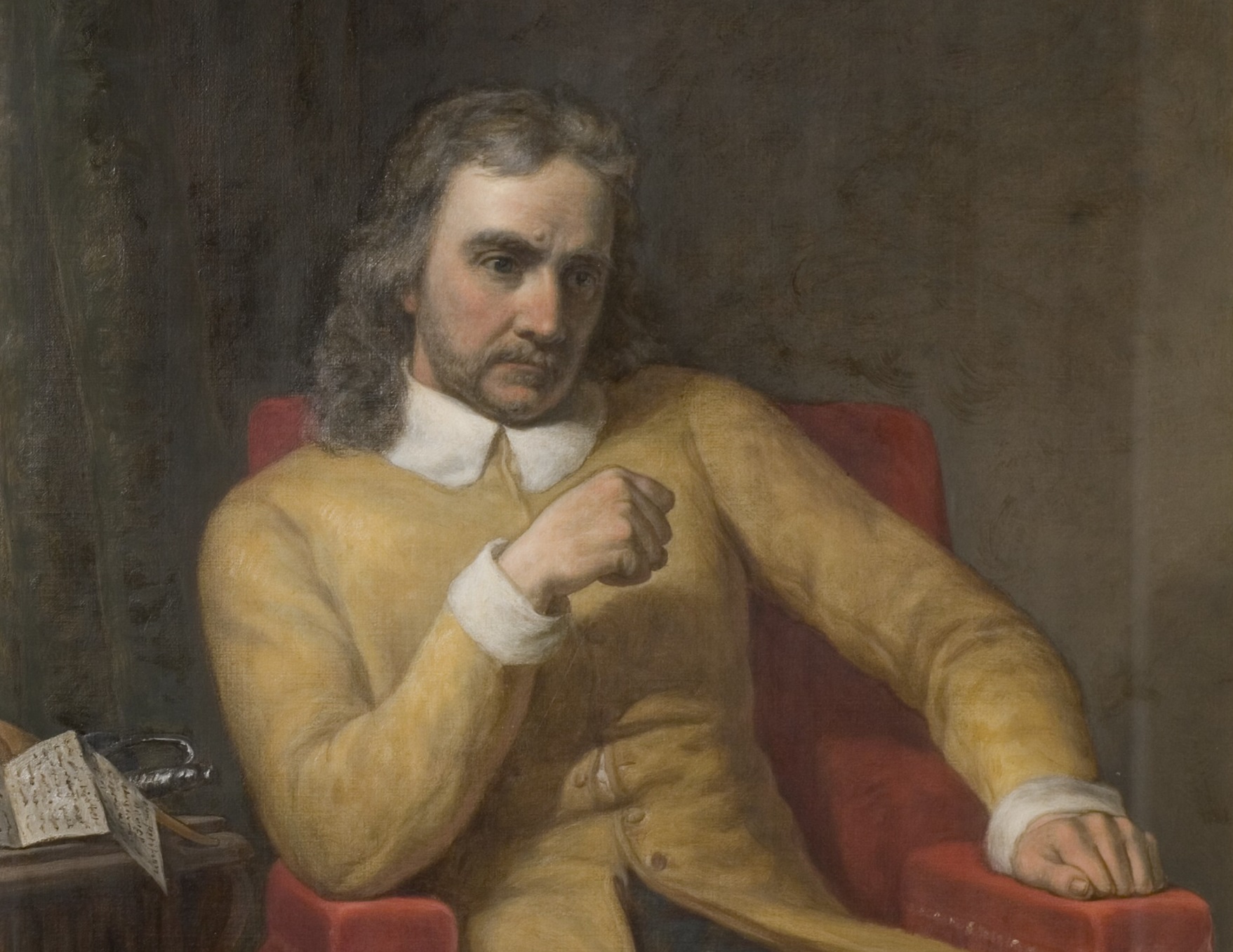 Charles Lucy, Wikimedia Commons
Charles Lucy, Wikimedia Commons
5. He Saw Battle As A Boy
Both James and his older brother were there when fighting began at the Battle of Edgehill—and they were there when things started to go south. As his forces started losing ground, a panicked King Charles sent his boys away under armed guard.
Thankfully, James and his brother made it to safety, if only just barely. But this was just a taste of things to come.
6. He Was A Prisoner As A Boy
The Parliamentarians were not some petty rebellion, and they were not going anywhere any time soon. James and his family had to flee to Oxford, but it was no use. In 1646, the Parliamentarians captured him and his younger siblings.
James found himself in the hands of the enemy and he was still barely 13. But while he was undoubtedly terrified, this did present an interesting opportunity...
7. He Was Nearly A Puppet
Although James’s father was still king, the Parliament had effectively taken control. Defiant til the end, King Charles refused to deal with them, despite being their prisoner. As they grew increasingly frustrated, someone pitched an interesting idea:
Why not make young James their puppet king?
 Henry Gascars, Wikimedia Commons
Henry Gascars, Wikimedia Commons
8. His Father Had Him Escape
Had the plan to make James king come to fruition, who knows what history would look like today—but King Charles wasn’t going to let that happen. Perhaps frightened by the idea of his own son usurping his crown, Charles ordered James to escape the palace by any means necessary.
James complied and made his daring escape in 1648. He bade farewell to his father, unaware he would never see him again.
9. He Never Got To Say Goodbye
Not long after James fled England, King Charles I ran out of time. Parliament found him guilty of treason and decreed his life to be terminated. James never got to see his father before the end, but two of his siblings who remained in England, Elizabeth and Henry, were permitted to bid Charles a tearful goodbye.

History's most fascinating stories and darkest secrets, delivered to your inbox daily.
10. His Entire Life Went Up In Flames
The axe fell at around 2:00 pm on January 30, 1649. For the first time before or since, an English monarch was executed by his own people. Over the following years, James’s older brother, now King Charles II (in his mind, at least), tried to retake control of England, but his attempts quickly fizzled out.
By 1654, Oliver Cromwell was Lord Protector of England, and the Royalist cause had completely collapsed. James, whose entire life had been planned out since birth, suddenly had no future. What was he going to do?
11. He Got A Job
In a way, James had lost everything. In a more literal way, he was still fabulously wealthy and politically important. So, despite his calamitous circumstances, James still managed to land on his feet. He took refuge in France, and found himself a job in the French army.
And though he was still shy of 20, James surprisingly found himself right at home on the battlefield.
12. He Made A Name For Himself
Anyone who assumed Prince James was some spoiled royal dandy soon learned otherwise. While fighting for legendary French general Turenne, James proved himself a brave and inspiring soldier, and quickly moved up the ranks of Turenne’s army.
But while James fought in another man’s wars, he never forgot about his birthright back in England.
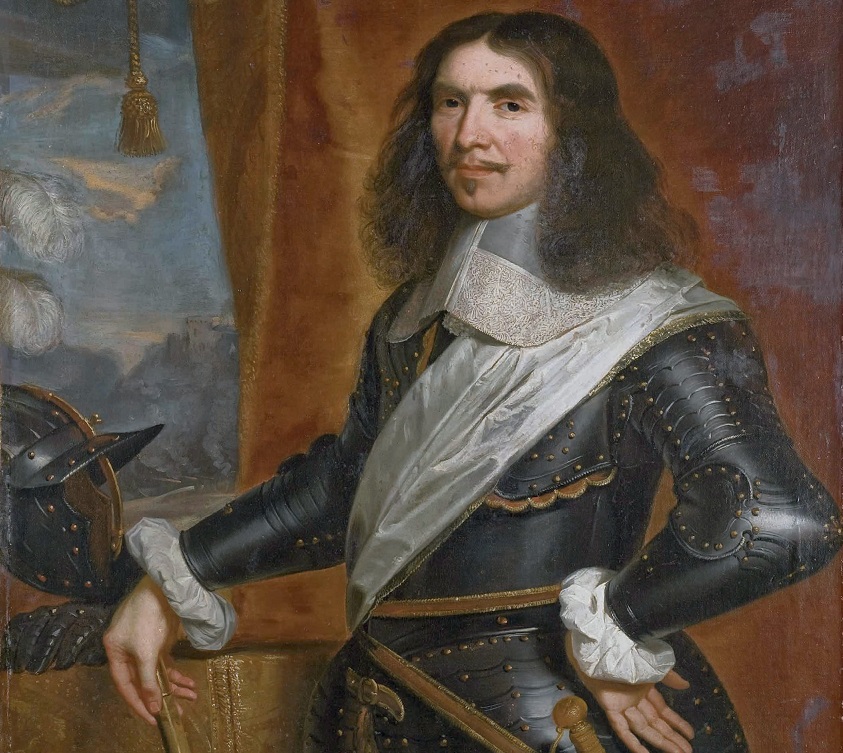 Circle of Philippe de Champaigne, Wikimedia Commons
Circle of Philippe de Champaigne, Wikimedia Commons
13. His Brother Screwed Him Over
James found purpose fighting for Turenne—but his time with the general was cut unexpectedly short. His older brother Charles, who still believed himself the rightful King of England, allied himself with Spain in a desperate attempt to reclaim the throne.
This alliance didn’t put Charles back on the throne, but it did make the French furious. In revenge, they kicked James out of Turenne’s army. Once again, James found himself adrift in a Europe that didn’t seem to want him.
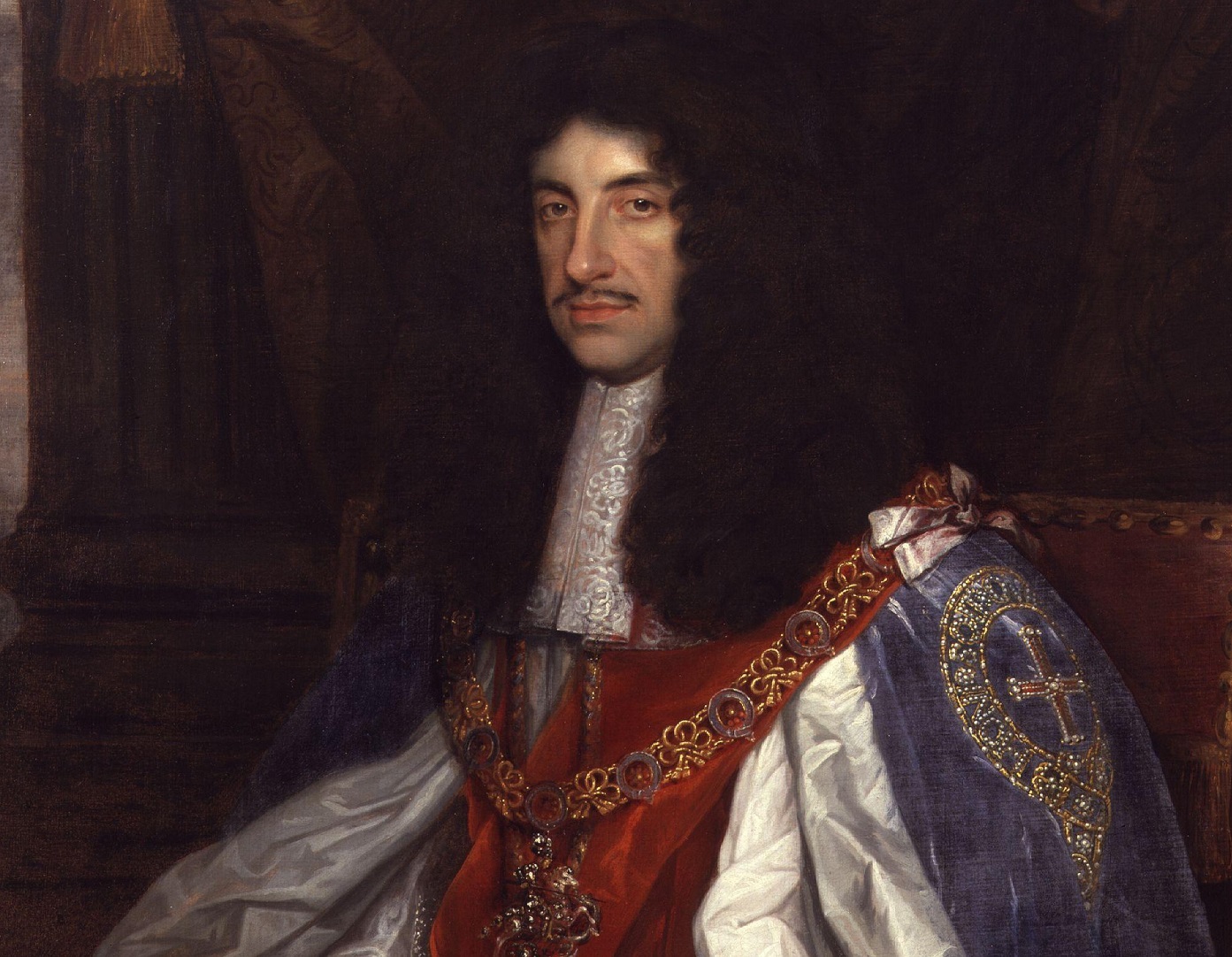 National Portrait Gallery, Wikimedia Commons
National Portrait Gallery, Wikimedia Commons
14. He Kept Fighting
James went back to the only thing he’d ever really known: Battle. With France out of the picture, he started fighting for the Spanish in the Netherlands. Once more, he progressed upwards in ranks and ascended to the role of Captain-General, entrusted with the command of six English regiments.
But while fighting for the Spanish, James was forced to make a terrible decision.
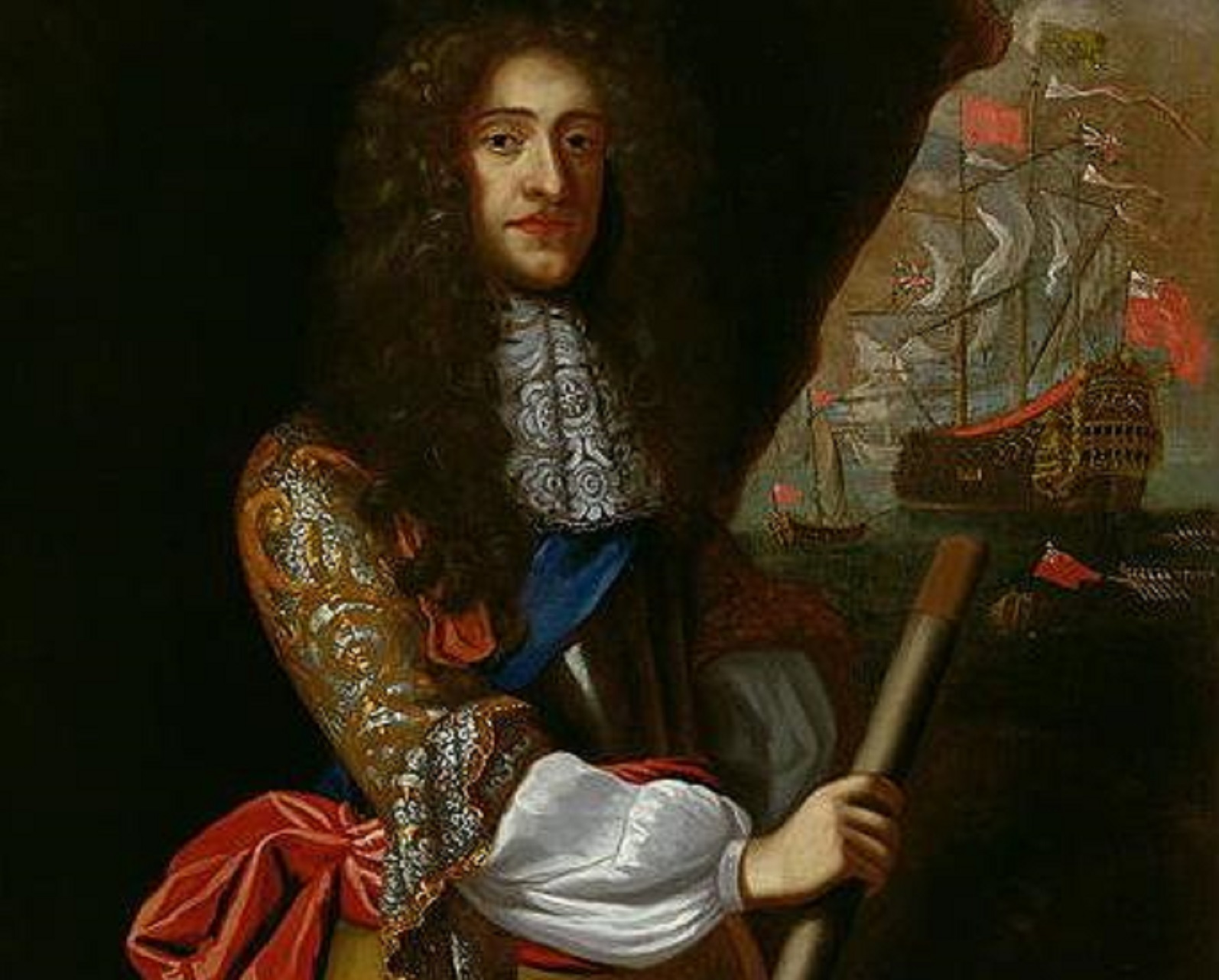 John Baptist de Medina, Wikimedia Commons
John Baptist de Medina, Wikimedia Commons
15. He Fought Against His Brothers
Individuals in combat don't get to select their opponents - this was especially true for James, who had no other alternatives. That’s how he found himself at the Battle of the Dunes, face to face with French comrades from his days fighting for Turenne. Only this time, they weren’t on the same side.
James may have been born with a silver spoon in his mouth, but ever since his father’s beheading, his life had been one nightmare after another.
 Adam Frans van der Meulen, Wikimedia Commons
Adam Frans van der Meulen, Wikimedia Commons
16. He Fell In Love
James was a good soldier, and he considered taking a permanent post as an admiral in the Spanish Navy. Around the same time, he also decided to settle down and find a wife—and one particularly beautiful woman caught his eye.
Her name was Anne Hyde. She had no idea what she was getting herself into.
17. He Made A Dangerous Promise
James II met Anne Hyde while they were both in exile in the Netherlands. After a few short years of courtship, James decided to put his money where his mouth was: He promised he would marry her. To him, it seemed like an obvious gesture. Little did he realize, things were about to get a LOT more complicated.
 Adriaen Hanneman, Wikimedia Commons
Adriaen Hanneman, Wikimedia Commons
18. Everything Went Back To Normal
When James promised to marry Anne Hyde, he was just the forgotten son of a beheaded king. But in 1658, Oliver Cromwell's life came to an end. His Commonwealth collapsed soon after, and by 1660, James’s brother returned to England and was proclaimed King Charles II.
Suddenly, James’s life was back on track, as if the last 10 years hadn’t even happened. If only it were that simple.
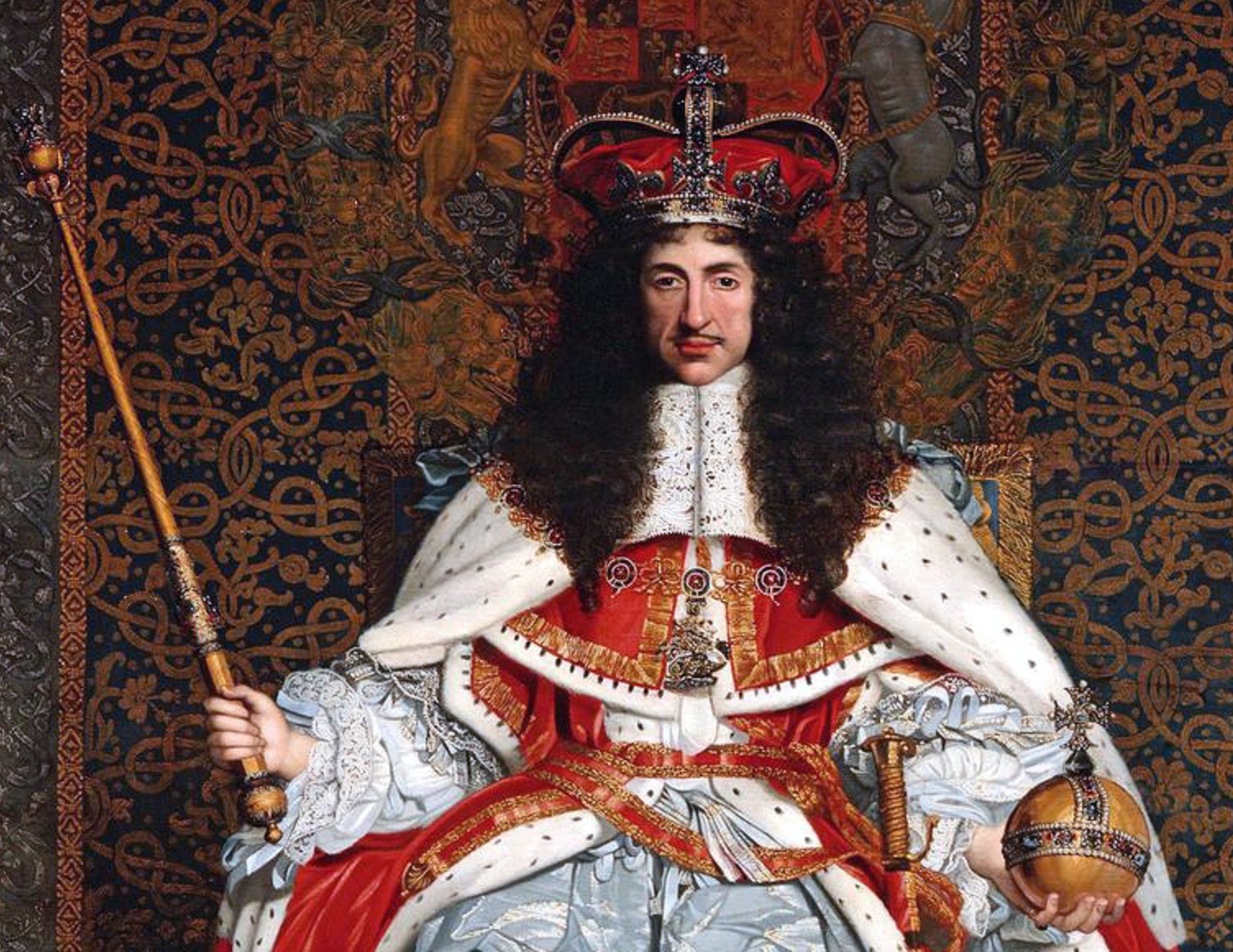 John Michael Wright, Wikimedia Commons
John Michael Wright, Wikimedia Commons
19. His Proposal Was A Big Problem
James ignited controversy almost the moment he returned to England. When he had been just a soldier, proposing to Anne Hyde was no big deal. But as the King’s brother and second-in-line to the throne? That’s a whole different story.
James had barely been back home for five minutes and already he was making powerful enemies.
20. Everyone Was Against Them
We’ve seen this story before. Edward IV wanted to marry Elizabeth Woodville. Robb Stark wanted to marry Talisa. When powerful royals decide to marry commoners for love, it rarely ends well. Unsurprisingly, then, nearly everyone in England was against James marrying Anne.
In a disturbing twist, Anne’s own ruthlessly ambitious father allegedly suggested Charles have her executed rather than let her marry James. But there was one thing he didn’t count on.
21. He Had His Brother's Support
Plot twist: James’s brother Charles actually approved of the match. Charles and James never saw eye to eye, but the King hoped that the strong-willed Anne Hyde might have a positive impact on his brother. So, despite opposition from all sides, James and Anne married in secret in 1660, soon after the Restoration.
But their happily-ever-after quickly fell apart.
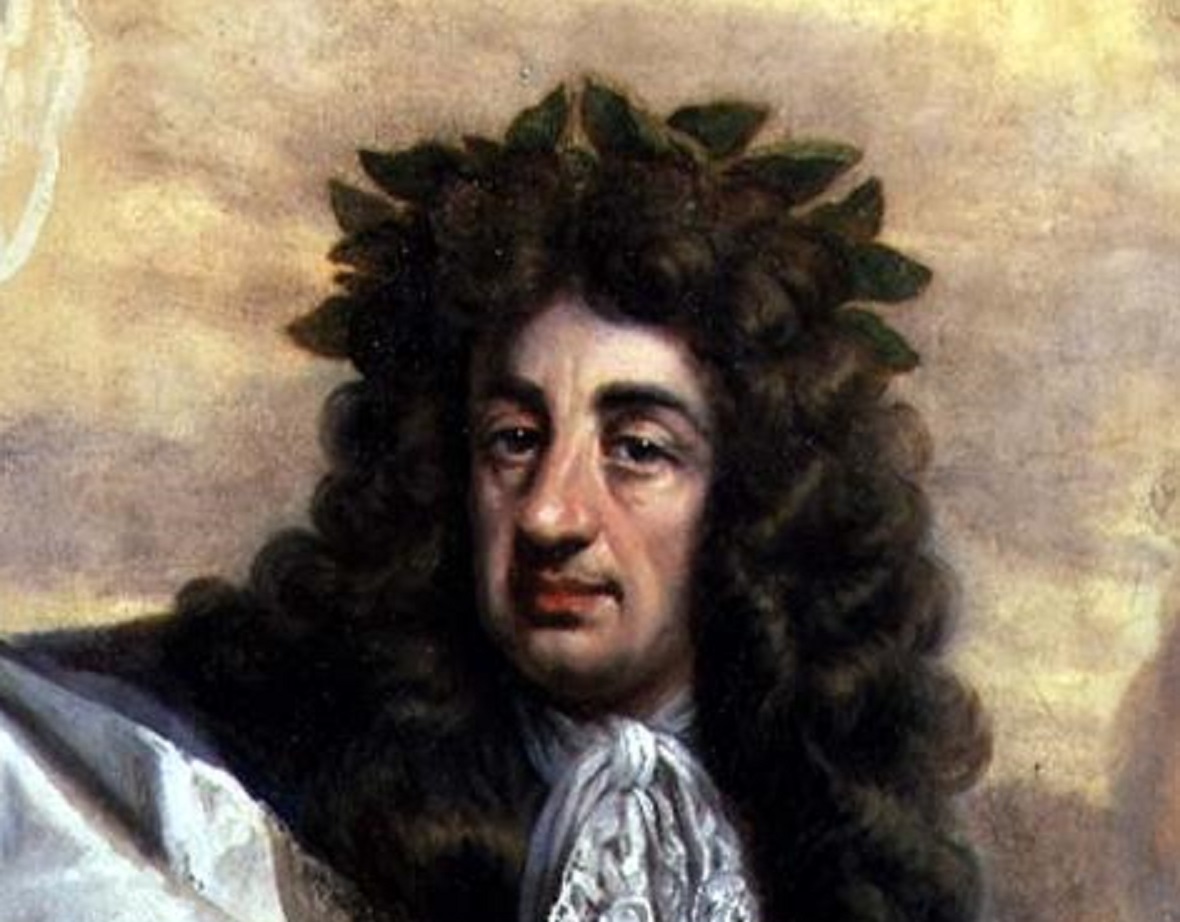 Antonio Verrio, Wikimedia Commons
Antonio Verrio, Wikimedia Commons
22. The Scandal Only Got Worse
As if this marriage wasn’t scandalous enough already, Anne gave birth to the couple’s first child just two months later. However, anyone who raised an eyebrow at the timing didn’t have long to raise objections. The boy, Charles, didn't survive his infancy.
The couple mourned their first child, unaware that this was just the beginning of their nightmare.
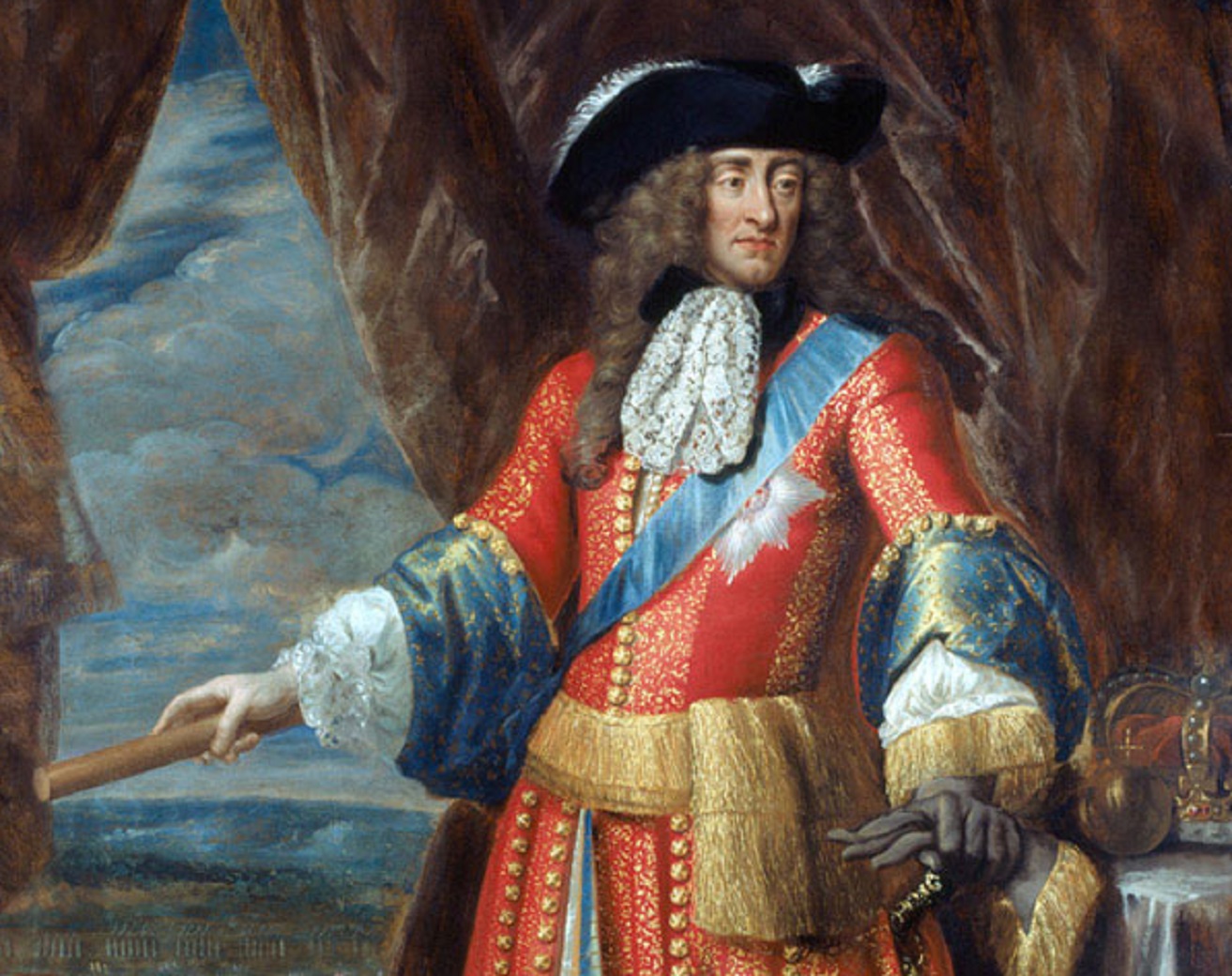 Attributed to Benedetto Gennari II, Wikimedia Commons
Attributed to Benedetto Gennari II, Wikimedia Commons
23. They Experienced Tragedy After Tragedy
James and Anne lost their first child in infancy…then the same fate befell five more of their offspring. Only two of their children would survive: daughters Mary and Anne. Perhaps because he and Anne lost so many children, James openly cherished his two daughters.
Most men of his era would have been disappointed in having only girls, but James loved Mary and Anne and played with them just like an ordinary father. That didn't stop Mary from stabbing him in the back when the time came.
24. They Were Big On PDA
King Charles hoped that Anne Hyde would be a positive influence on his brother—and for the most part, he was right. Anne was utterly devoted to James, and she provided valuable counsel when he had to make important decisions. Apparently, he frequently showed his appreciation with obscene gestures of public affection, something that scandalized the court even further.
One thing is for sure: James wouldn't be half the man without his wife by his side. Which makes what he did to her all the more cruel.
25. He Was A Pig
Plenty of powerful men kept mistresses, but James took it to another level. Sure, he had a wife and two daughters, but that wouldn’t stop his eye from wandering—and he wasn't subtle about it. One observer in court described him as “the most unguarded ogler of his time”.
Plenty of men in London noted that they'd seen James eying up their wives. But James wanted to do a lot more than just look.
26. He Flaunted His Mistress
James had many mistresses, but perhaps the most important was Arabella Churchill. They began their affair in 1665, and soon, James made sure she received a post as his wife’s lady-in-waiting. That must have been hard for his wife to take, but it gets so much worse. Churchill quickly became pregnant. She gave birth to the child…and then another.
After all of Anne’s miscarriages, watching her husband’s mistress give him not one but two children must have stung. But for Anne, at least there was one silver lining.
27. His "Type" Was Surprising
Anne Hyde was comely, witty, and stylish. Before she married James, plenty of suitors had vied for her hand. But all of James’s mistresses had one thing in common: No one thought they were attractive. One observer called Arabella Churchill “pale-faced and nothing but skin and bone”.
Another gossiper assumed that James’s mistresses must have been "given [to] him by his priests as a penance". If you were Anne, would that make it better? Or worse?
28. There's Endless Blood On His Hands
James liked to spend his time macking on his beautiful wife or sneaking around with his plain-faced mistresses, but he did actually have real duties. After his brother became king, he took command of the Royal Navy—and this would turn out to be the darkest part of his legacy.
While fighting with the Dutch, James saw an extremely lucrative new opportunity: The Transatlantic Slave Trade. And as the head of the Royal Navy, he saw his chance to get in on it .
29. Slaves Were Branded With His Name
As head of the Royal Navy and governor of the Royal African Company, James fortified British positions along the Slave Coast and greatly expanded the exportation of African slaves. In fact, James’s RAC shipped more enslaved men, women, and children to America than any other organization in the history of the Transatlantic Slave Trade.
The RAC branded many of those slaves with large DY on their chest; DY standing for “Duke of York,” so no one would ever forget who was responsible.
30. You've Probably Heard Of His City
His role in the Transatlantic Slave Trade is by far the darkest part of James II’s legacy, but that’s not the only way his name resonates in history. During Charles II’s reign, the British captured the Dutch territory of New Netherland.
Soon after, the Brits renamed the port city of New Amsterdam after the King’s brother, the Duke of York. It’s remained the City of New York ever since.
31. London Went Up In Flames
James was putting his stamp on England’s foreign territories, but they still needed him in the homeland too. In 1666, a fire broke out in a bakery on Pudding Lane. The blaze quickly spread throughout the city’s wooden buildings like they were kindling, and soon, nearly the entire City of London was engulfed in flames.
To make matters worse, the city’s mayor allegedly fled the city in a panic, so there was no one to bring the fire under control. That is, until James took over.
32. He Became A Hero
James was never the most popular man in England, but his actions during the Great Fire of London won the hearts of the people. He helped restore order as the panicked residents of the city turned into a mob, and strategically ordered the demolition of specific buildings to help curb the blaze.
By the time the ash had settled, the people of London saw James as a hero—for about a minute. Soon after, he did something that made them hate him forever.
33. He Kept A Dangerous Secret
James was English, but he had spent a lot of time in France, where he was exposed to Catholic practices for the first time. By the late 1660s, under the influence of his wife, James took the Catholic Eucharist—a fact he desperately tried to keep a secret.
James was well aware that his Catholic faith could be dangerous in the passionately Anglican English court. Still, I doubt he realized what a disaster it would become.
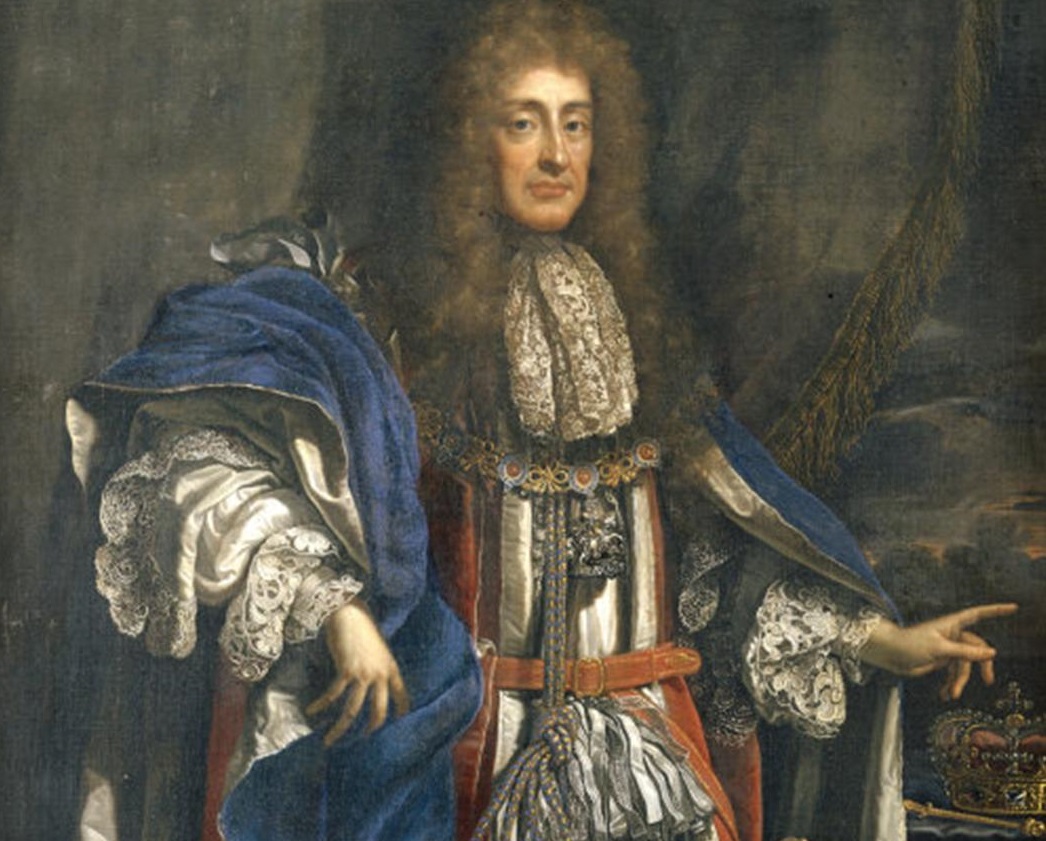 Benedetto Gennari II, Wikimedia Commons
Benedetto Gennari II, Wikimedia Commons
34. The Truth Came Out
In the years that followed James’s conversion, paranoia about Catholic influence in England reached a fever pitch. In 1673, Parliament introduced a new Test Act, which required all officials to take an oath disavowing Catholic principles and to receive the Anglican Eucharist.
The jig was up. James refused and relinquished his post as Lord High Admiral. Suddenly, all of England knew that the king’s brother was a hated Catholic. And it was only going to get worse.
 Godfrey Kneller, Wikimedia Commons
Godfrey Kneller, Wikimedia Commons
35. A Disturbing Rumor Circulated
James’s conversion ignited Anglicans’ long-simmering paranoia that Catholics were trying to take over England. Soon, a controversial clergyman named Titus Oates announced that he had uncovered a plot by Catholics to assassinate Charles and put James on the throne.
Tensions in the kingdom were already high—and Oates’s “Popish Plot” made them explode.
36. Madness Reigned
Eventually, authorities proved that Oates had completely fabricated the Popish Plot—but by then, it was too late. Anti-Catholic hysteria had swept England, and at least 22 people had been frivolously executed in the madness.
James escaped the controversy relatively unscathed, but his faith still meant there was a target on his back, and that wasn’t going to change any time soon.
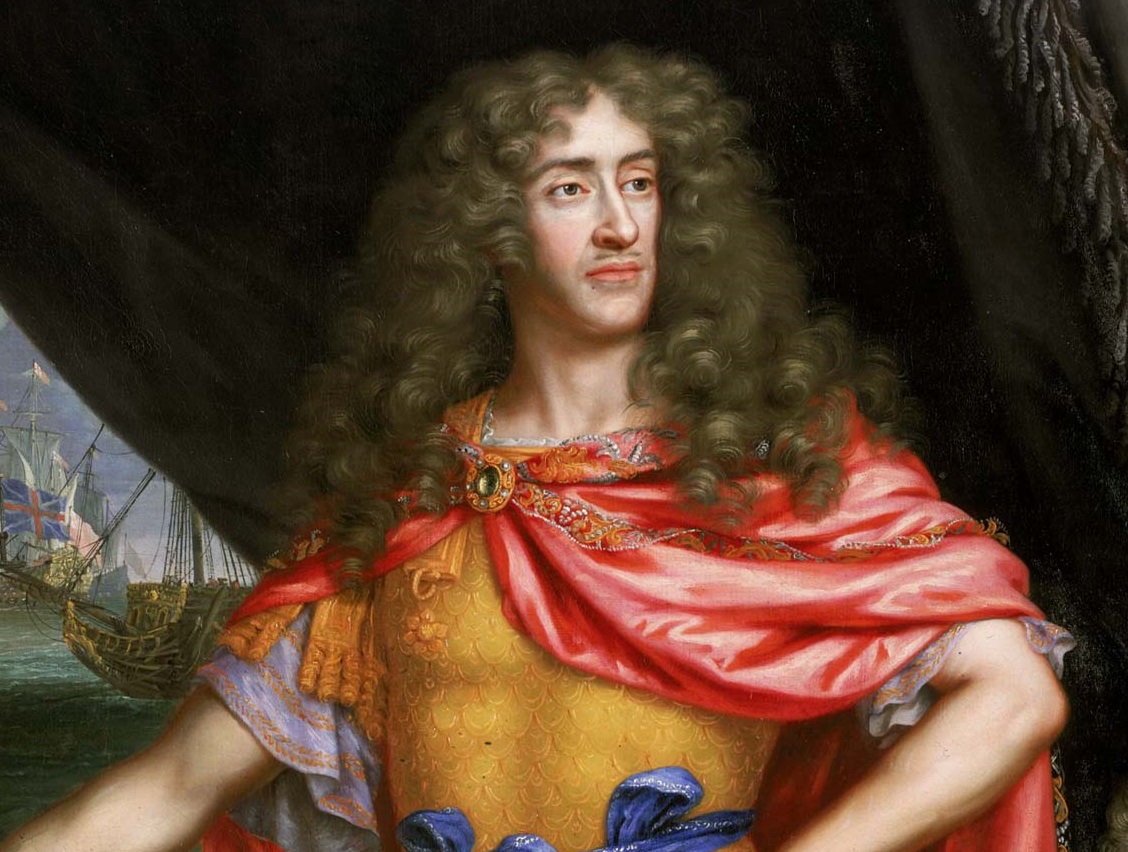 Henri Gascar, Wikimedia Commons
Henri Gascar, Wikimedia Commons
37. They Tried To Block Him From The Throne
People hated James’s Catholicism so much that one minister tried to pass an Exclusion Bill that would cut him out of the line of succession. Lucky for James, that bill didn’t pass—and wouldn’t you know it, his brother, King Charles II, wasn’t looking so good…
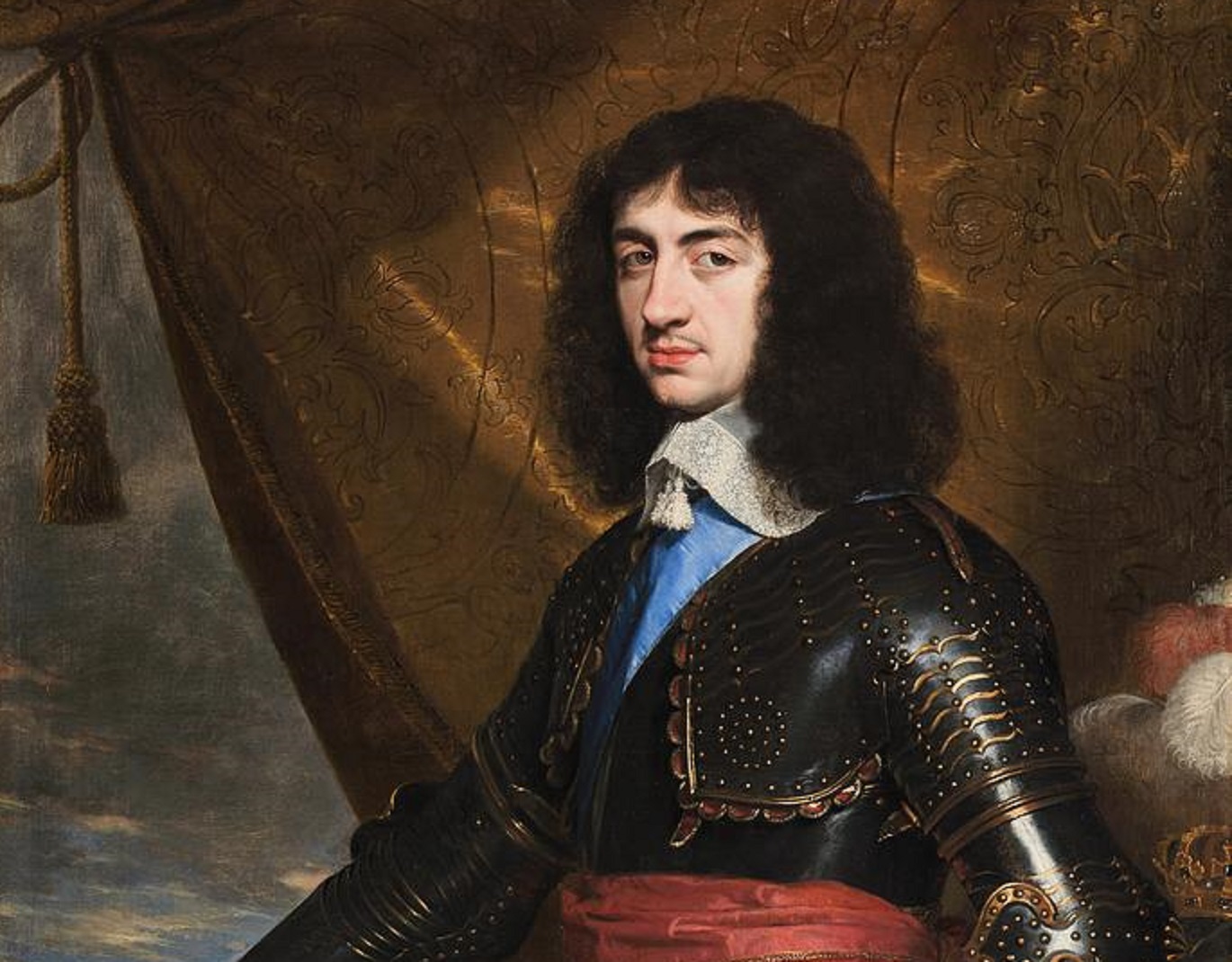 Philippe de Champaigne, Wikimedia Commons
Philippe de Champaigne, Wikimedia Commons
38. The Last Voyage Of The Gloucester
By 1680, James was the Lord High Commissioner of Scotland—but with his brother looking more and more ill with each passing day, James prepared to move back to London to await…whatever might happen. After a trip to England, he set sail for Scotland on the HMS Gloucester.
The plan was to settle his affairs, collect his wife and child, then return to London. It should have been a simple trip—but the Gloucester never saw the shore again.
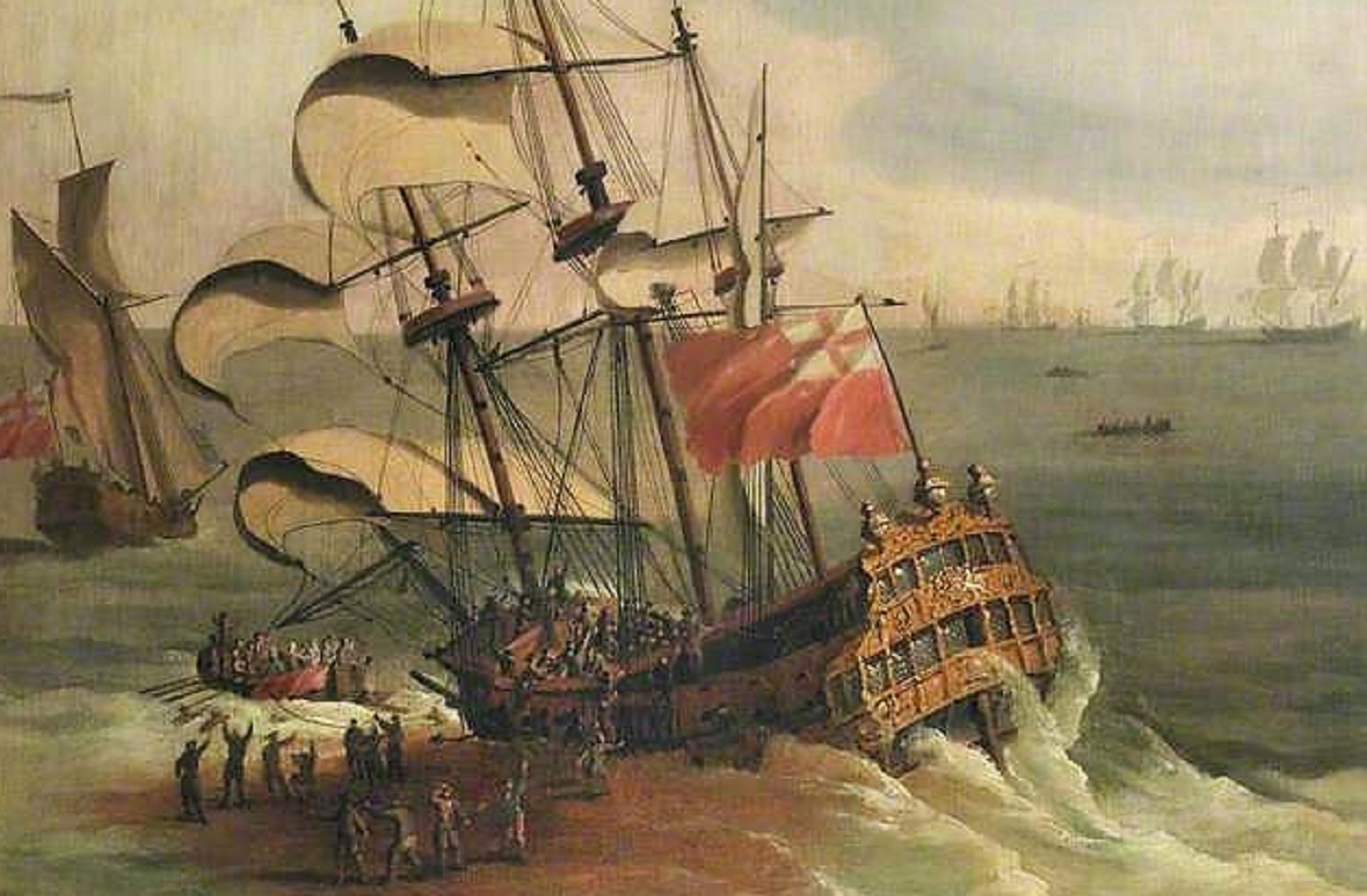 Monamy Swaine, Wikimedia Commons
Monamy Swaine, Wikimedia Commons
39. He Thought He Knew Best
James spent the entire trip arguing with the ship’s officers about the proper route to take. That included the ship’s pilot, James Ayres, who knew the waters like the back of his hand. In the end, it was James who decided to ship’s course. And it led them straight to disaster.
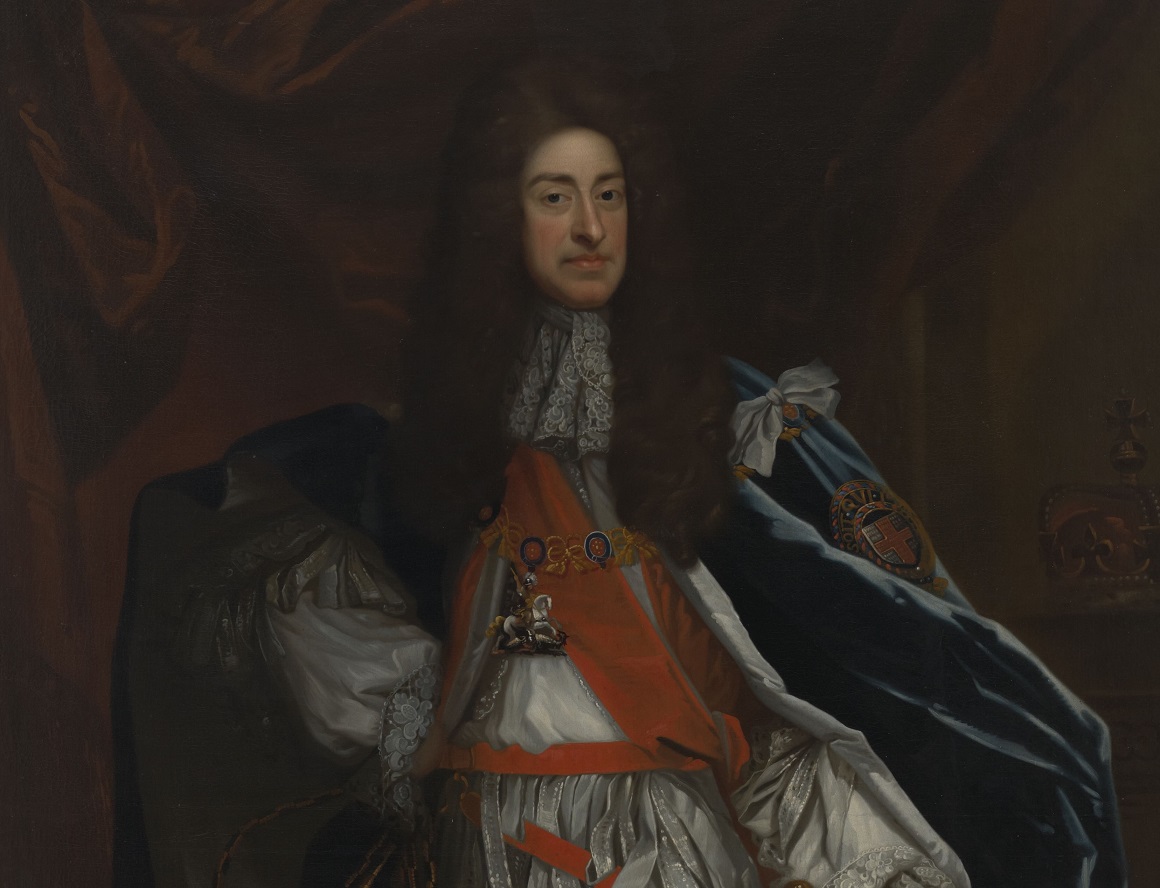 School of Godfrey Kneller, Wikimedia Commons
School of Godfrey Kneller, Wikimedia Commons
40. They Ran Into A Sandbank
The HMS Gloucester ran into a sandbank so forcefully that it ripped the ship’s rudder clean off, tearing a gaping hole in the stern. The frigid waters of the North Sea flooded in and the Gloucester sunk within an hour. It was a grim scenario—and somehow, James managed to make it so much worse.
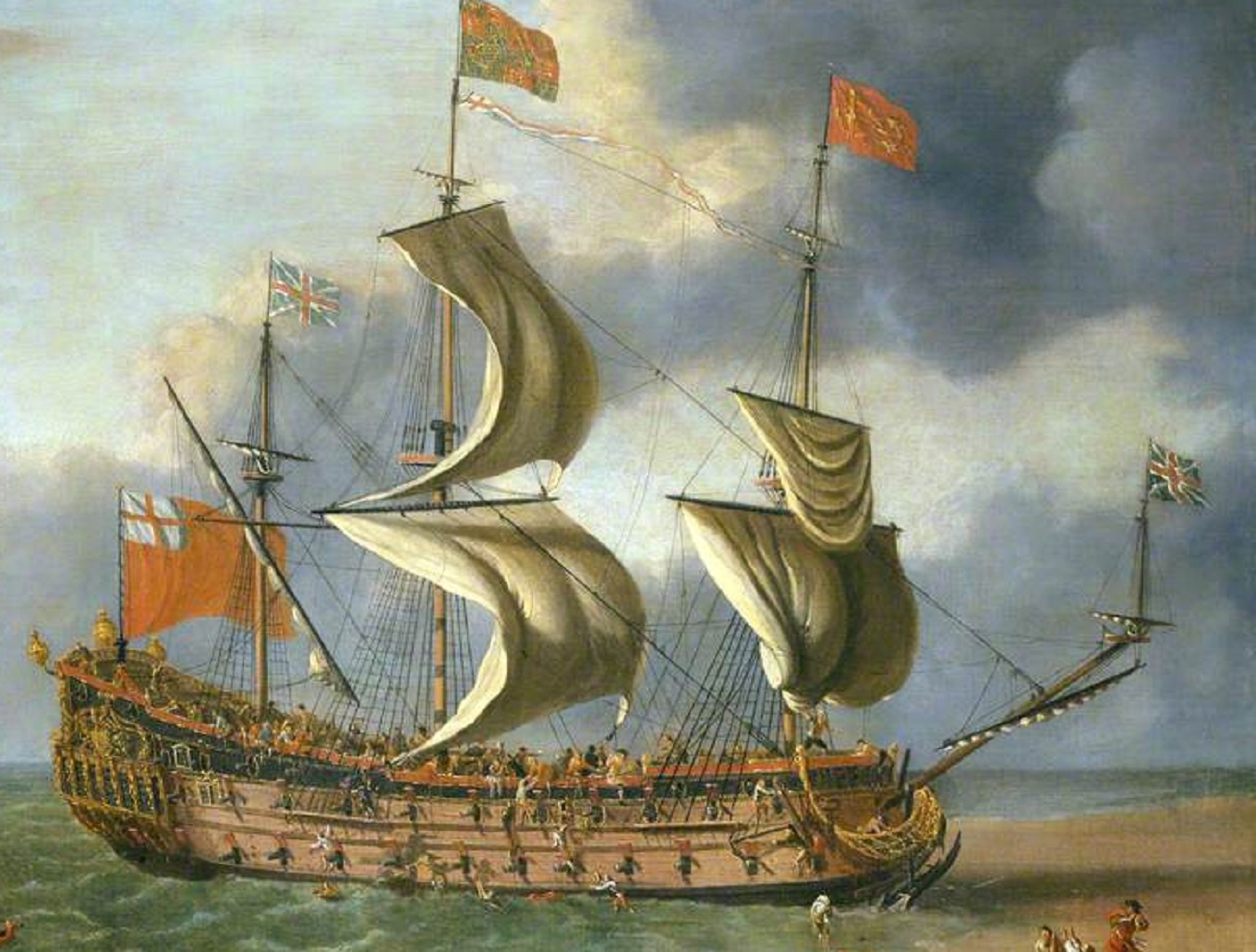 Johan Danckerts, Wikimedia Commons
Johan Danckerts, Wikimedia Commons
41. He Made It So Much Worse
Official protocol insisted that no one could abandon a ship while a member of the royal family was aboard. At first, James was sure that the ship wouldn’t sink, so he refused to evacuate. Then, when he finally admitted defeat, he insisted that his armored strongbox be loaded onto his boat before he did.
All of this meant no one aboard the Gloucester could evacuate until the last possible minute. The results were devastating.
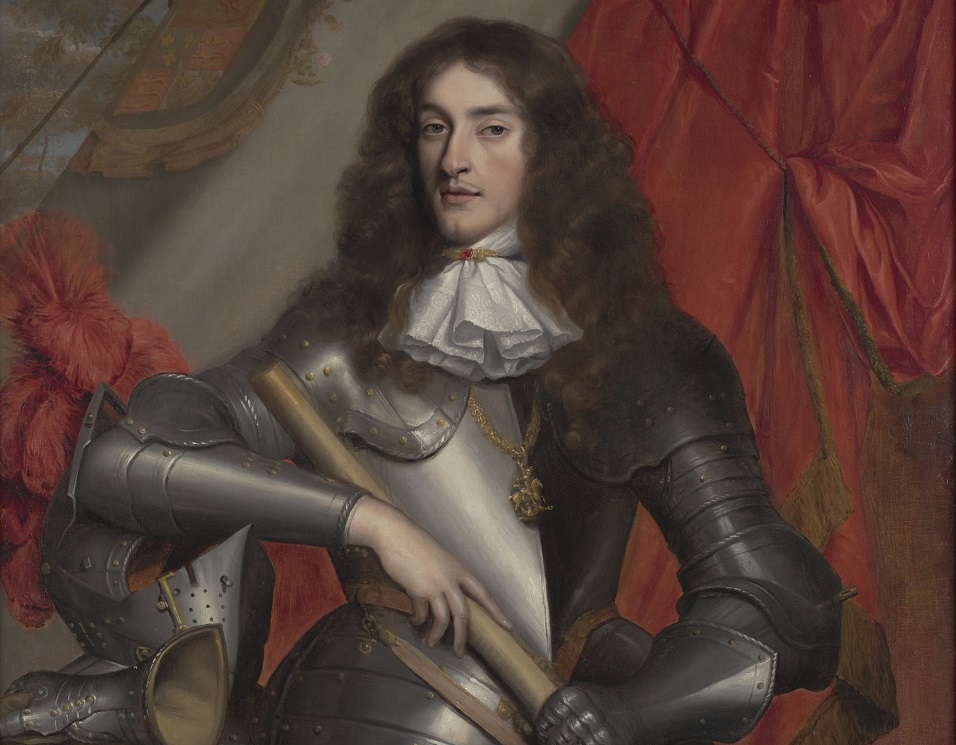 John Michael Wright, Wikimedia Commons
John Michael Wright, Wikimedia Commons
42. All His Servants Perished
James eventually made it to Scotland, but around 250 souls aboard the Gloucester did not. According to one source, James abandoned his entire retinue of servants to their deaths in the cold waters. But James didn’t have any time to fret about the past.
Against all odds, he was about to become the King of England.
43. He Became The King
King Charles II had a sudden apoplectic fit in February 1685 and shortly after, his life ended. With no children of his own, the crown passed to his brother, the Duke of York, who became King James II of England and Ireland and King James VII of Scotland.
Although the people hated James’s Catholicism, they were tired of messy successions, so they readily accepted him as their King. But if James thought it was going to be easy, he had another thing coming.
 After Jan van den Hoecke, Wikimedia Commons
After Jan van den Hoecke, Wikimedia Commons
44. Rebellions Started Immediately
The first rebellions against James sprang up almost immediately. But if there's one thing James was quite proficient in, it was combat. He swiftly and brutally put down uprisings in both Southern England and Scotland in the first months of his reign.
Now that he was king, James was ready to throw his weight around. Let's see if it would work out for him...
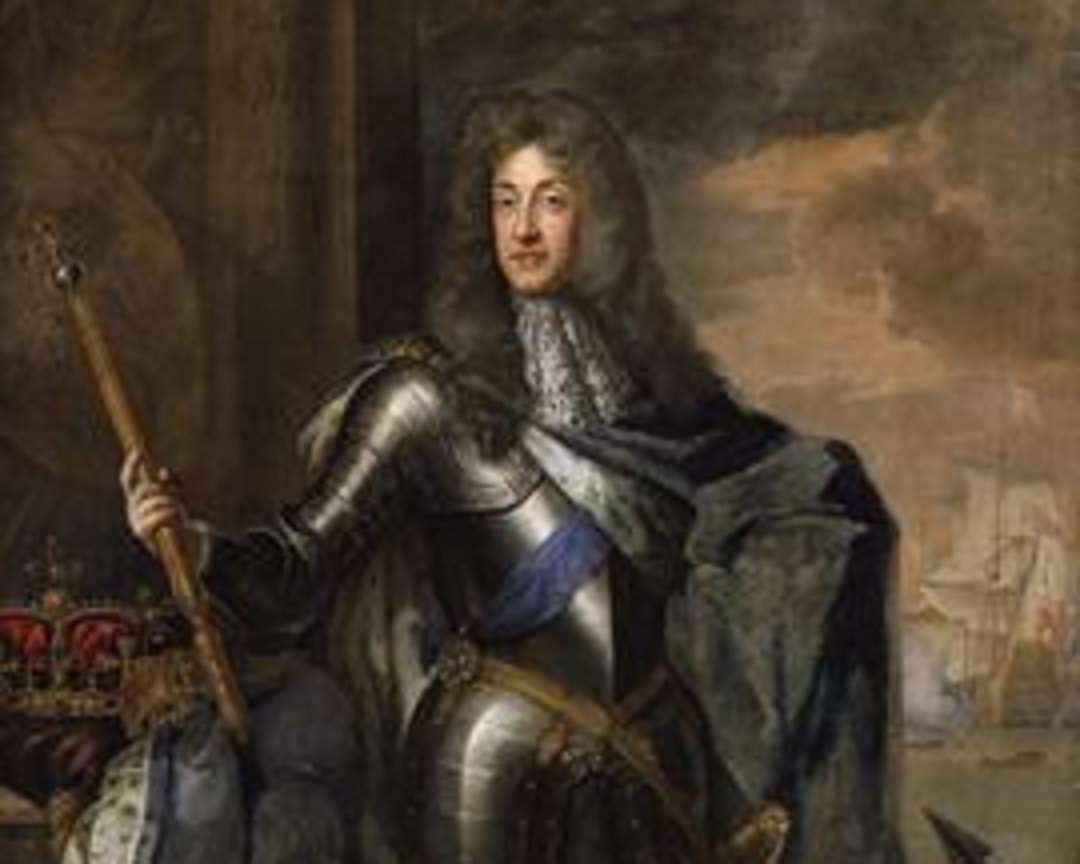 Godfrey Kneller, Wikimedia Commons
Godfrey Kneller, Wikimedia Commons
45. He Pushed Them Too Far
Most people in England were already nervous about their new Catholic king. Then James forced the Declaration of Indulgence upon the Anglican Clergy. The Declaration was an early stab at the concept of “religious freedom” in England—and the Clergy HATED it.
When seven Bishops, including the prominent figure, the Archbishop of Canterbury, declined to issue the Declaration, James had them taken into custody. If the Anglicans hated him before, they despised him now—and then their worst fear came true.
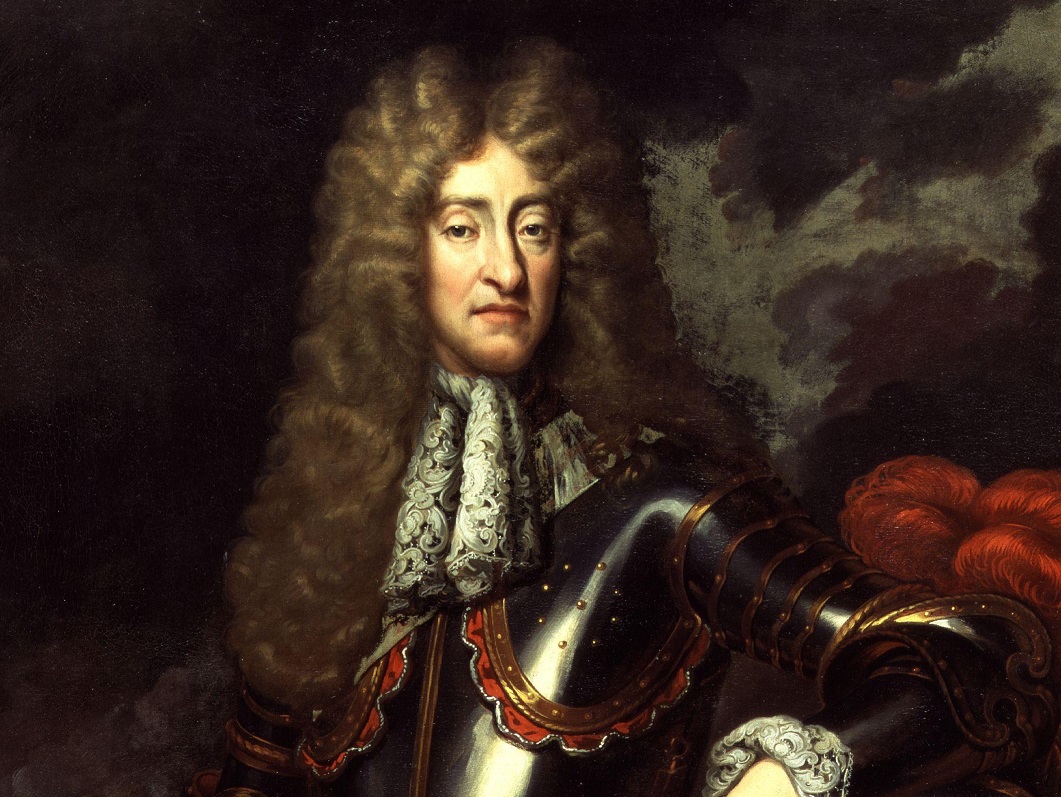 National Portrait Gallery, Wikimedia Commons
National Portrait Gallery, Wikimedia Commons
46. He Had A Baby
The Anglicans were uncomfortable with James on the throne, but at least they knew that his two daughters were good, Protestant girls. Hopefully, they would take the throne soon, reverse all of James’s pro-Catholic policies, and everything could go back to normal.
Then James had a baby with his new, very Catholic wife Mary of Modena. For the Anglicans, a Catholic heir to the throne was the final straw.
47. They Started Scandalous Rumors
Influential Anglicans swiftly attempted to disseminate the gossip that the child wasn't genuinely the King's, but instead was secretly brought into the queen's bed-chamber. When that didn’t work, they kicked things up a notch.
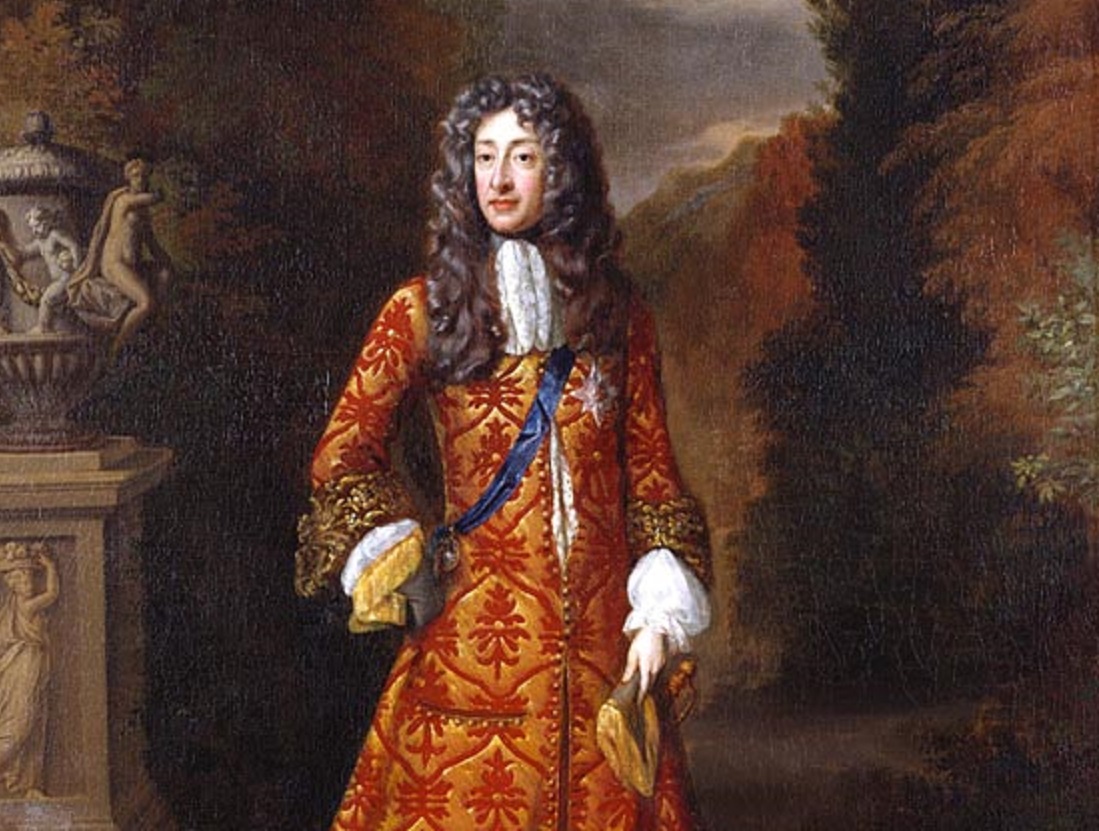 Anne Killigrew, Wikimedia Commons
Anne Killigrew, Wikimedia Commons
48. They Wanted Him Gone
England had toppled one king just a few decades prior, why not do it again? But, instead of going the whole “blood on your hands” execution route, a cadre of powerful Anglicans did something arguably even more shocking: They invited a foreign prince to come take the country by force.
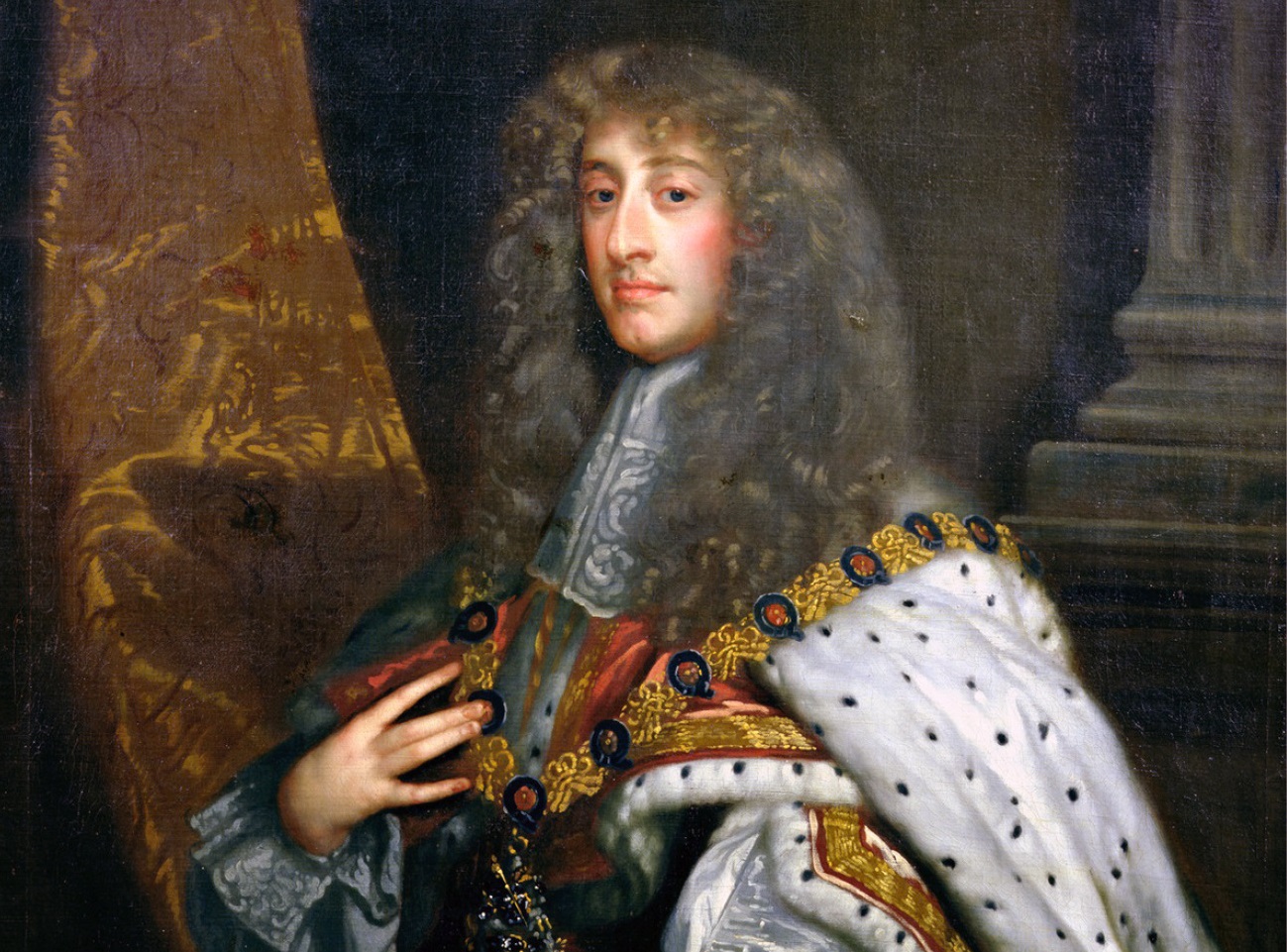 School of Peter Lely, Wikimedia Commons
School of Peter Lely, Wikimedia Commons
49. His Own Son-In-Law Usurped His Throne
As if it wasn’t messy enough already, that “foreign prince” was William of Orange…James’s own son-in-law. William invaded England with an army, and immediately several of James’s key officers defected to his side.
But the worst betrayal came from one of his own: James’s own daughter Anne abandoned him and joined her sister on William's side. James must have been heartbroken—at least, that would explain his shocking next move.
50. He Didn't Fight For It
While there was a foreign army gathering on his shores, James still had the numerical advantage. All he needed to do was attack—but at the last minute, he lost his nerve. Maybe it was because those close to him and abandoned ship, but for whatever reason, James II of England simply…gave up.
51. He Ran For His Life
James had an opportunity to cement his rule with a decisive victory. Instead, he turned his tail and fled to France. As he left London, he symbolically threw the Great Seal of the Realm into the Thames. William’s forces captured him before he could escape Great Britain, but by then, James was a shell of who he once was.
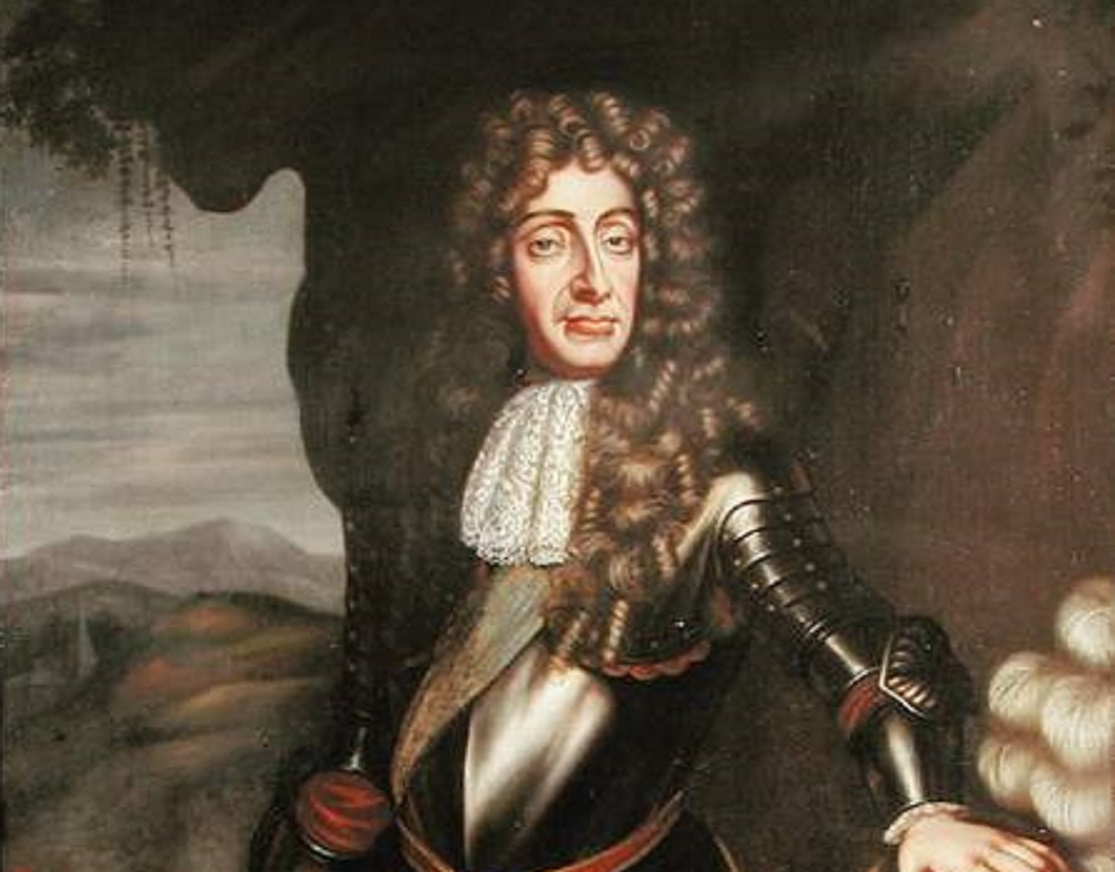 English School, Wikimedia Commons
English School, Wikimedia Commons
52. They Let Him Go
Soon after his forces captured James, William made a shocking decision: In one final humiliation, he had his men let James go. No strings, no questions. He must have understood that eliminating James would only have turned him into a martyr for rebels to unite around.
Evidently, William didn't view James as a potential danger. And he was right.
53. He Ended The Stuart Line
William and his wife, James’s daughter Mary, jointly ruled England following the Glorious Revolution. After them, the throne passed to Mary’s sister, Anne, who ruled as Queen Anne of Great Britain. With no children of her own, after Anne, the throne passed to a distantly related German cousin, George of Hanover, ending nearly a century of rule by the House of Stuart.
 Willem Wissing, Wikimedia Commons
Willem Wissing, Wikimedia Commons
54. He Faded Away Into Nothing
James was forced to watch from afar as everything he’d ever done for England was picked apart bit by bit. His father was executed by his own people, but in a way, James’s ultimate fate was even more painful. He spent his final years as a forgotten penitent, with nothing to do but ruminate on a life of failures.
After seeing the dawn of a new century, James passed suddenly from a brain hemorrhage in 1701. Years later, as if he hadn’t been humiliated enough in life, his tomb was desecrated during the French Revolution.
 Nicolas de Largillière, Wikimedia Commons
Nicolas de Largillière, Wikimedia Commons

